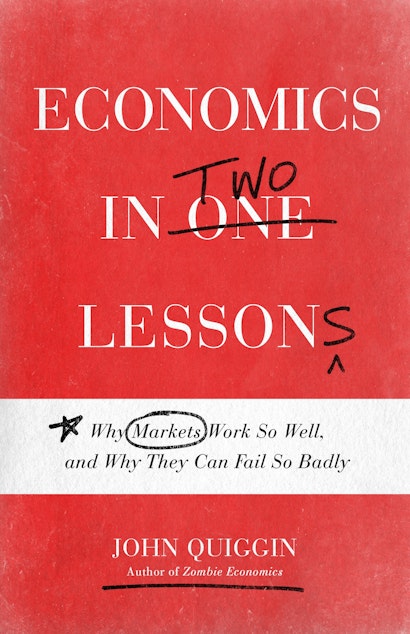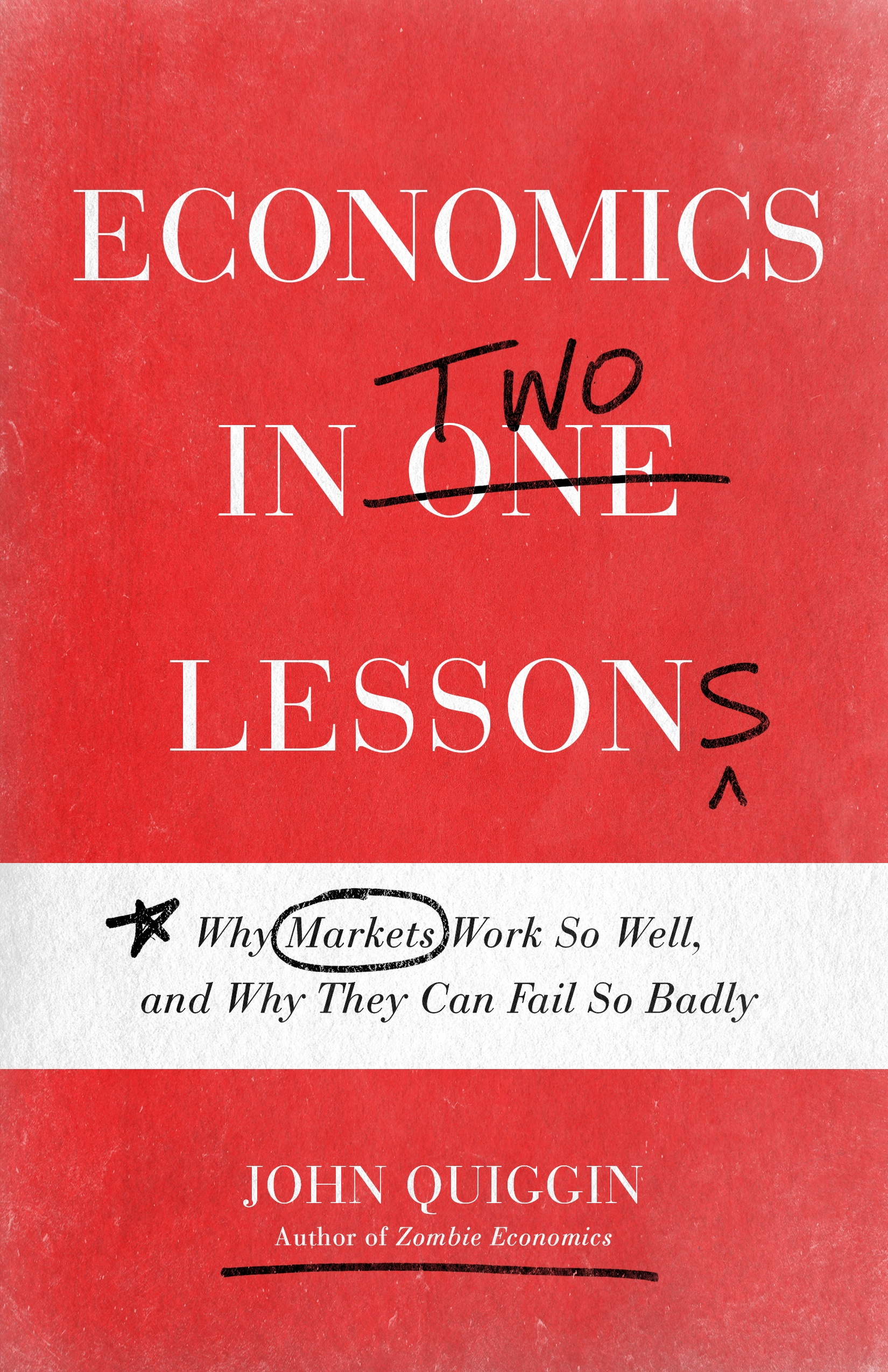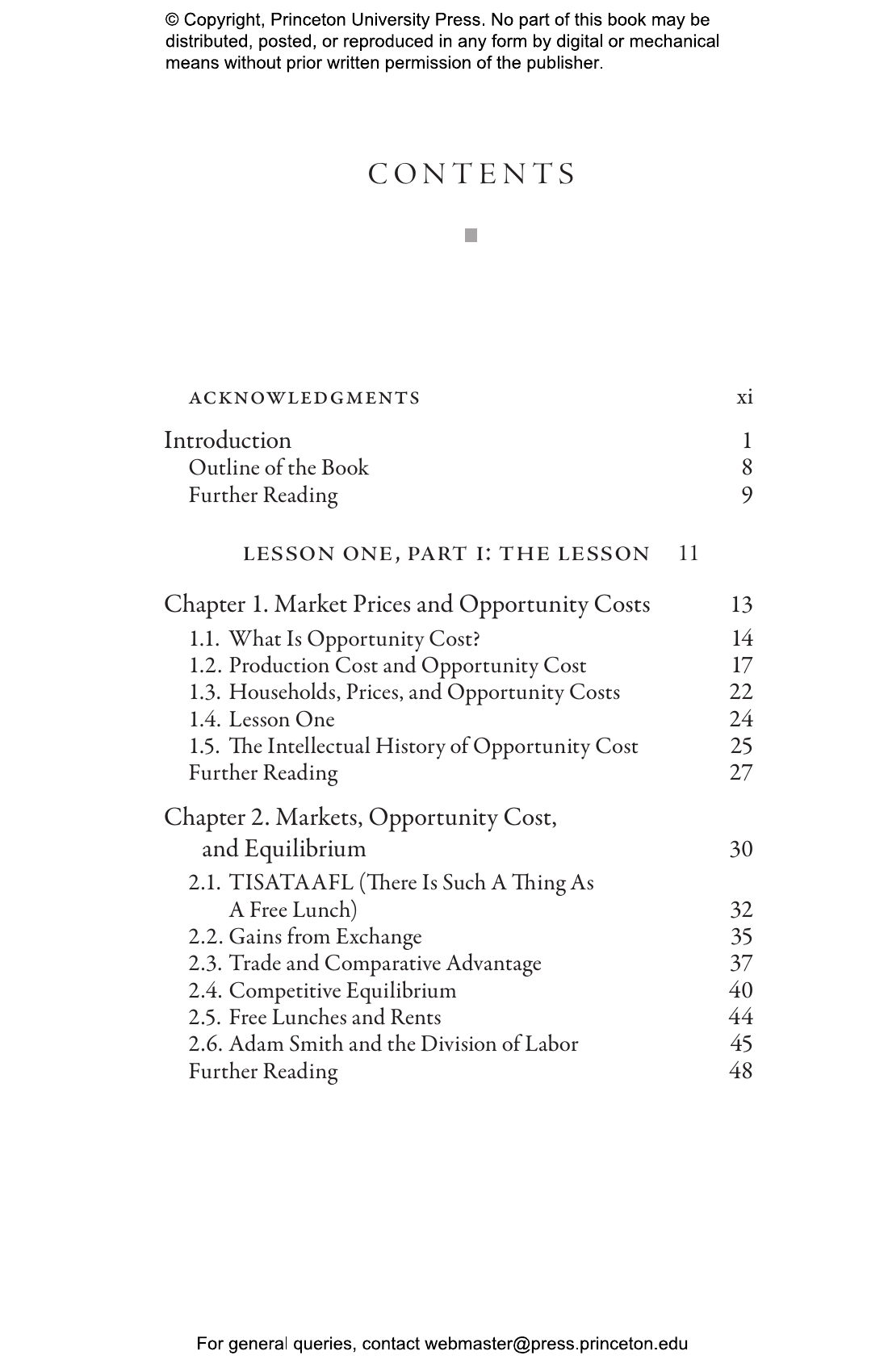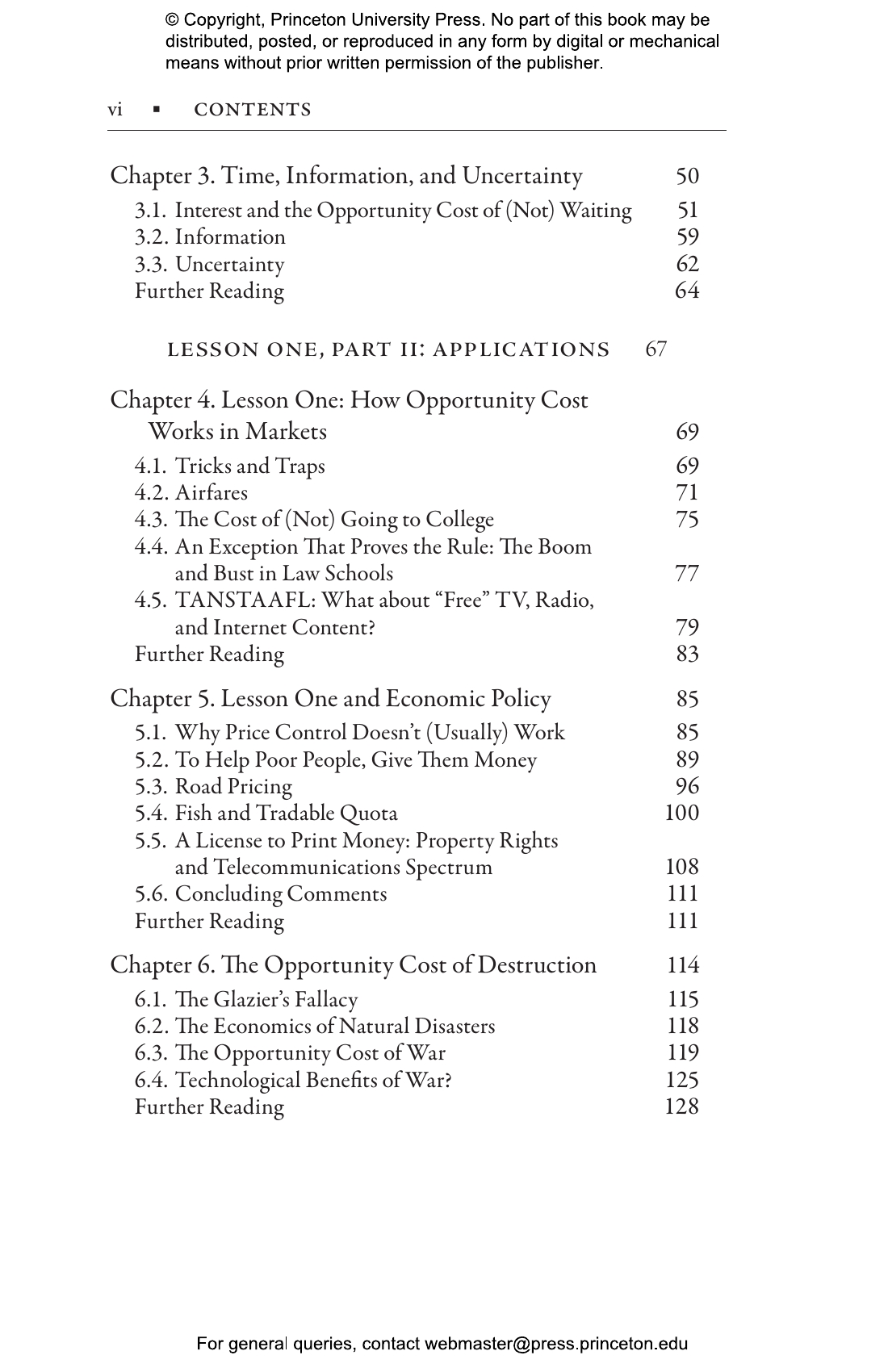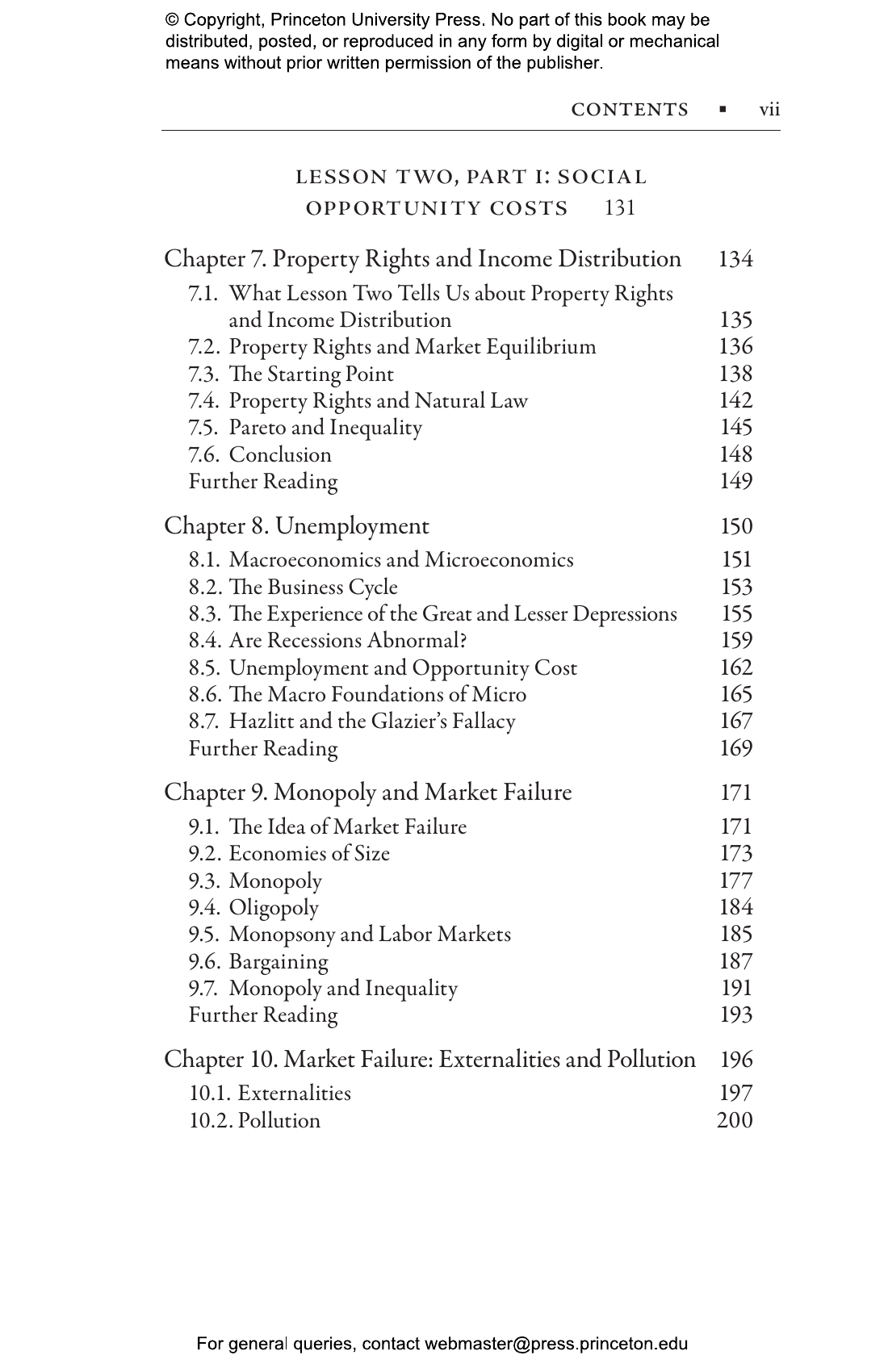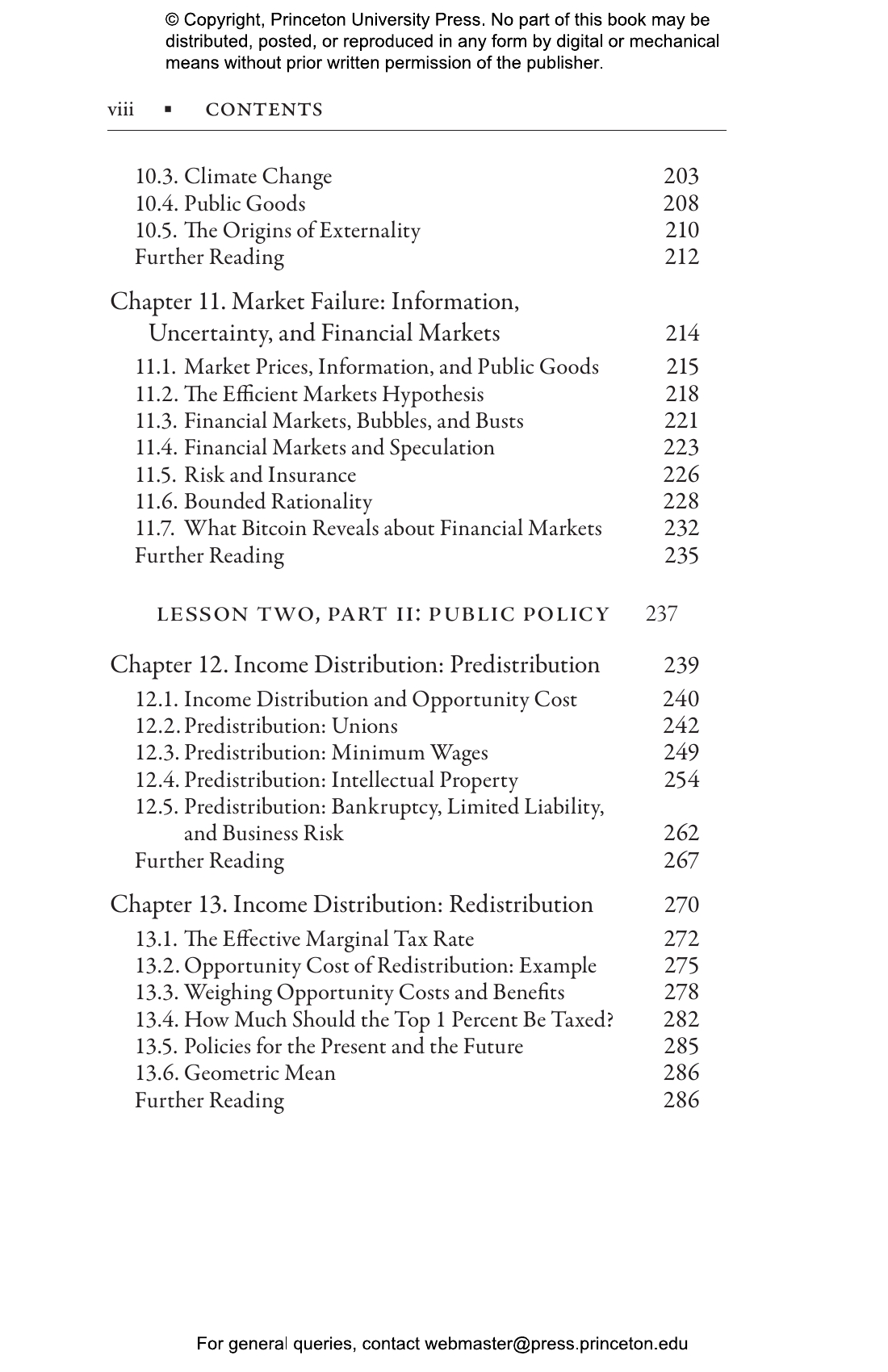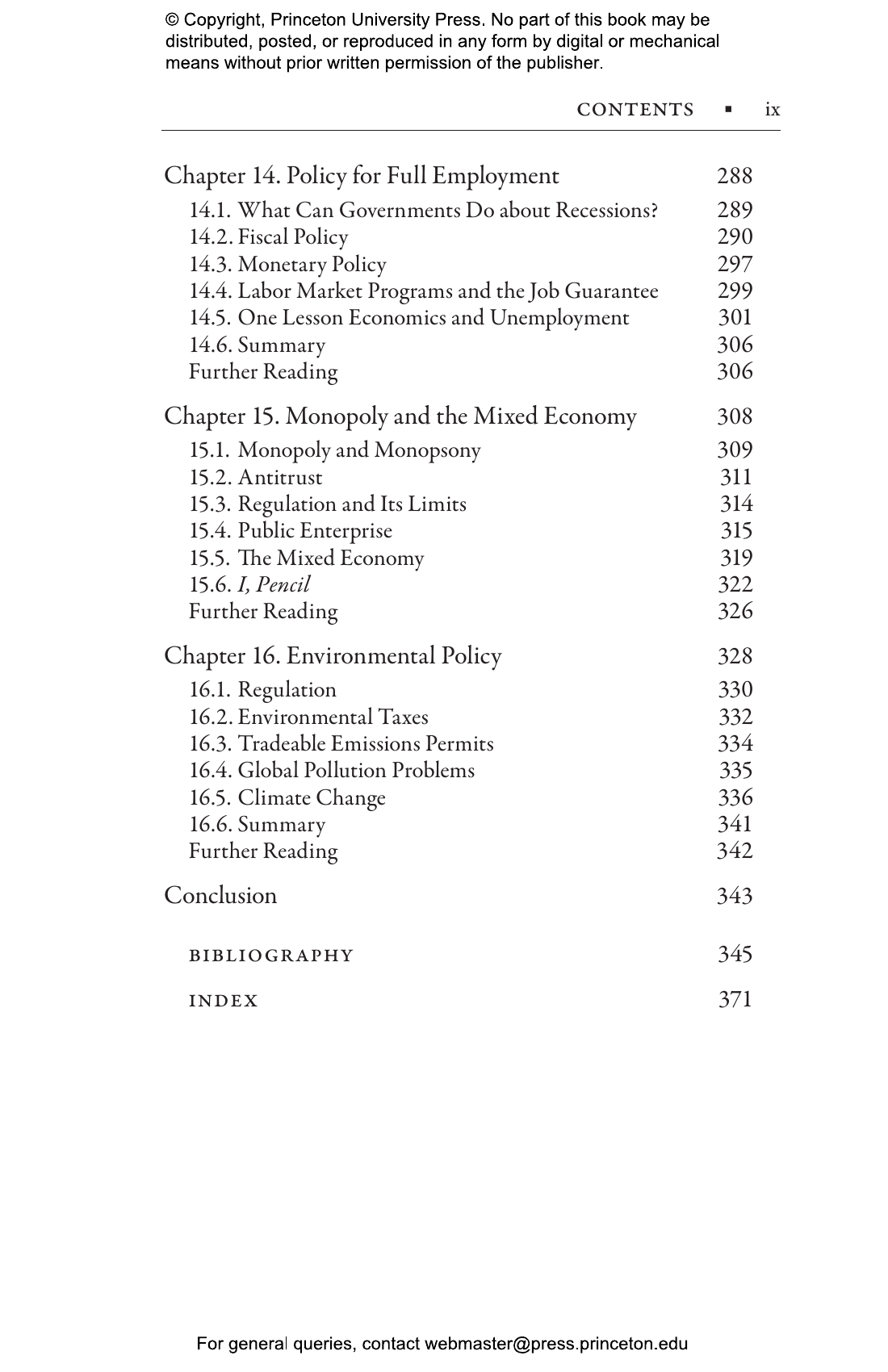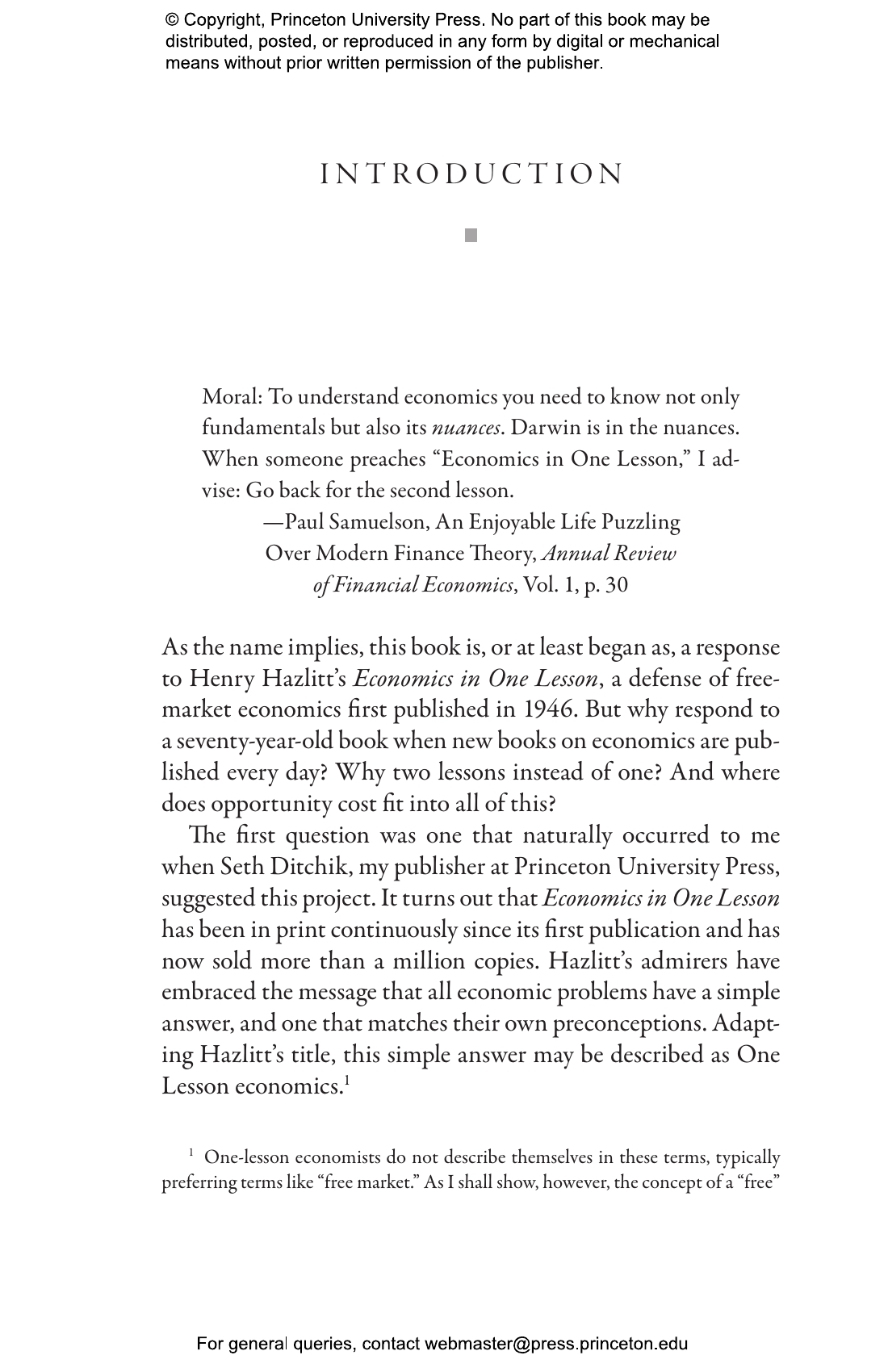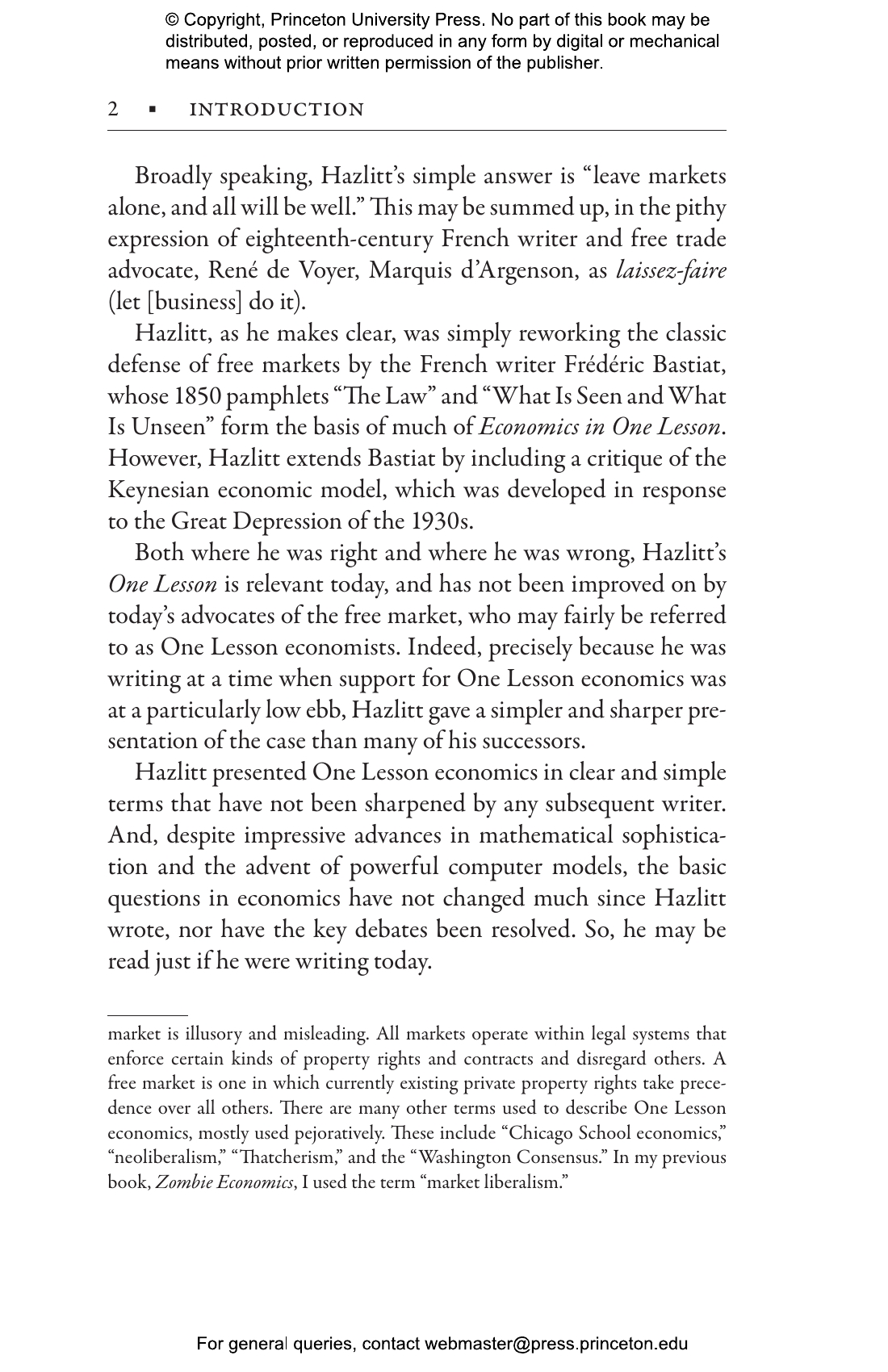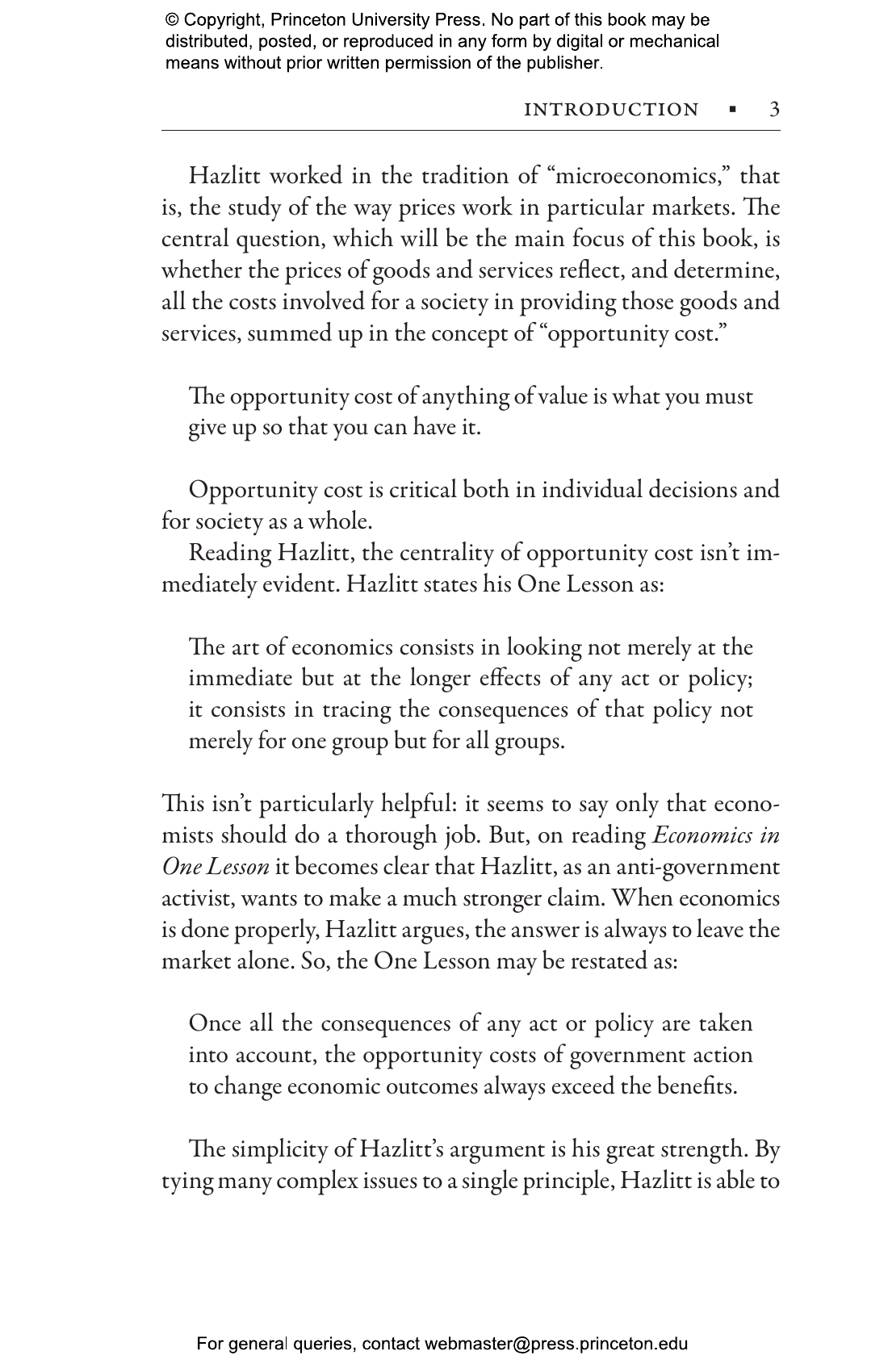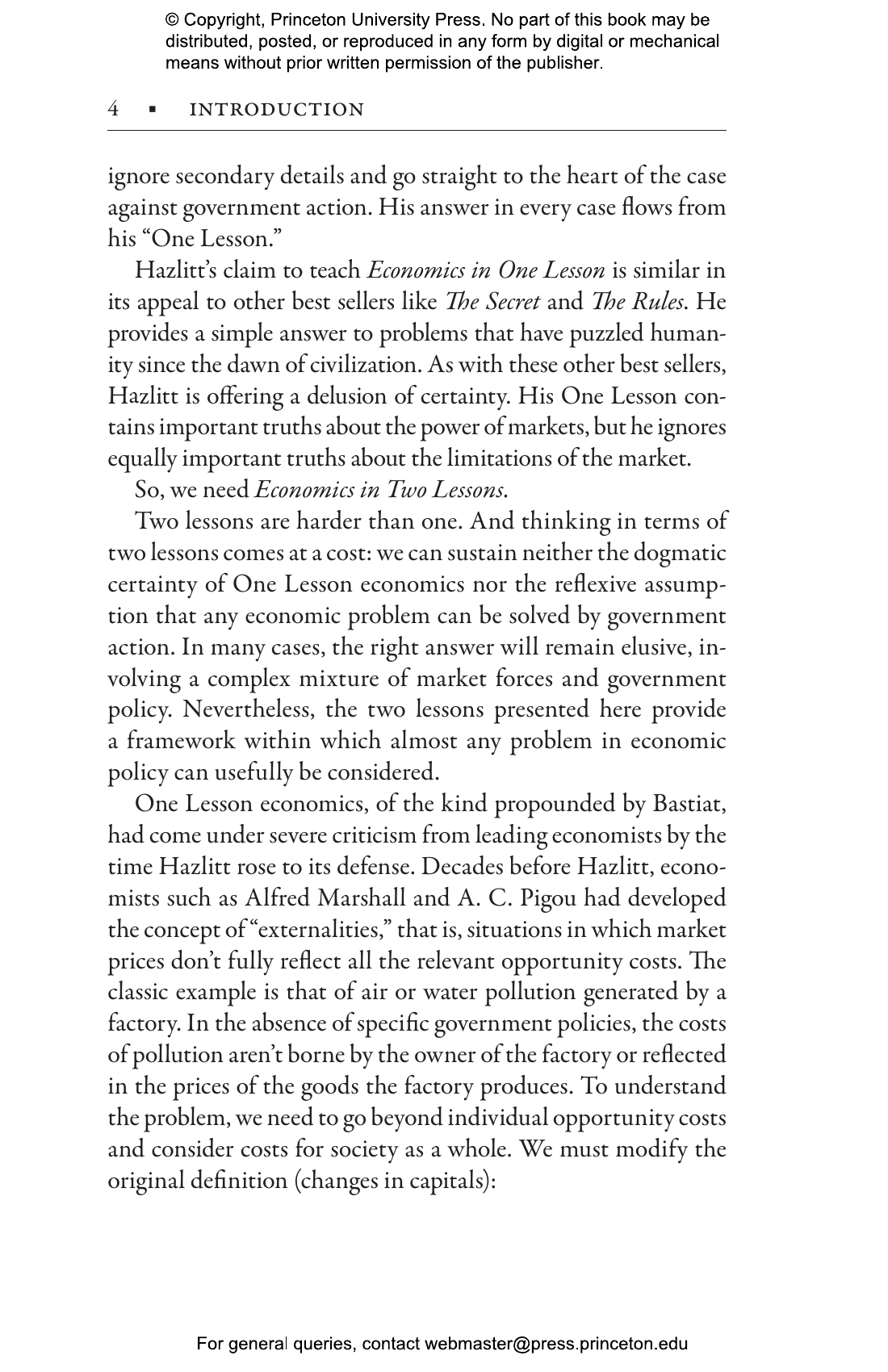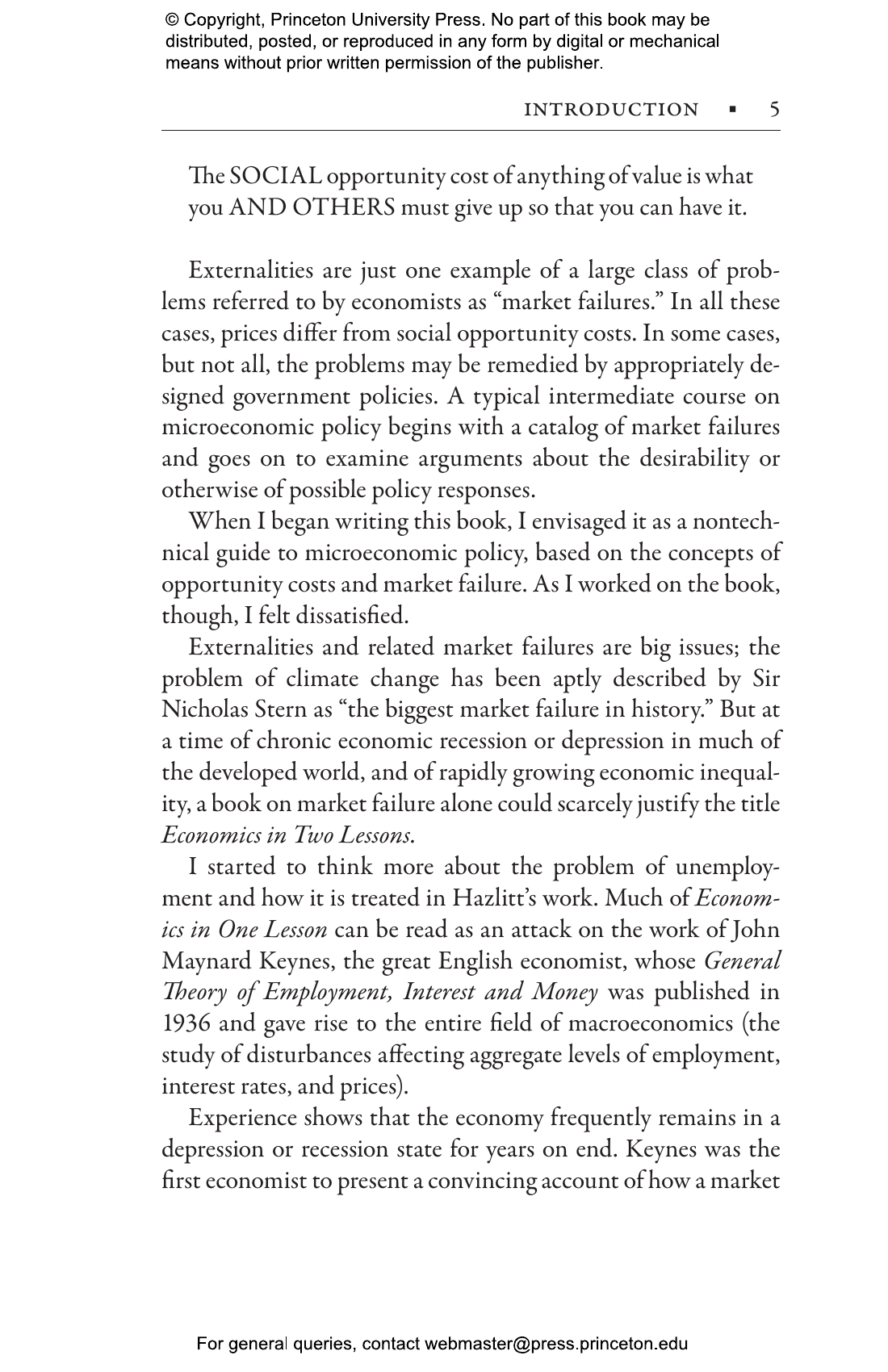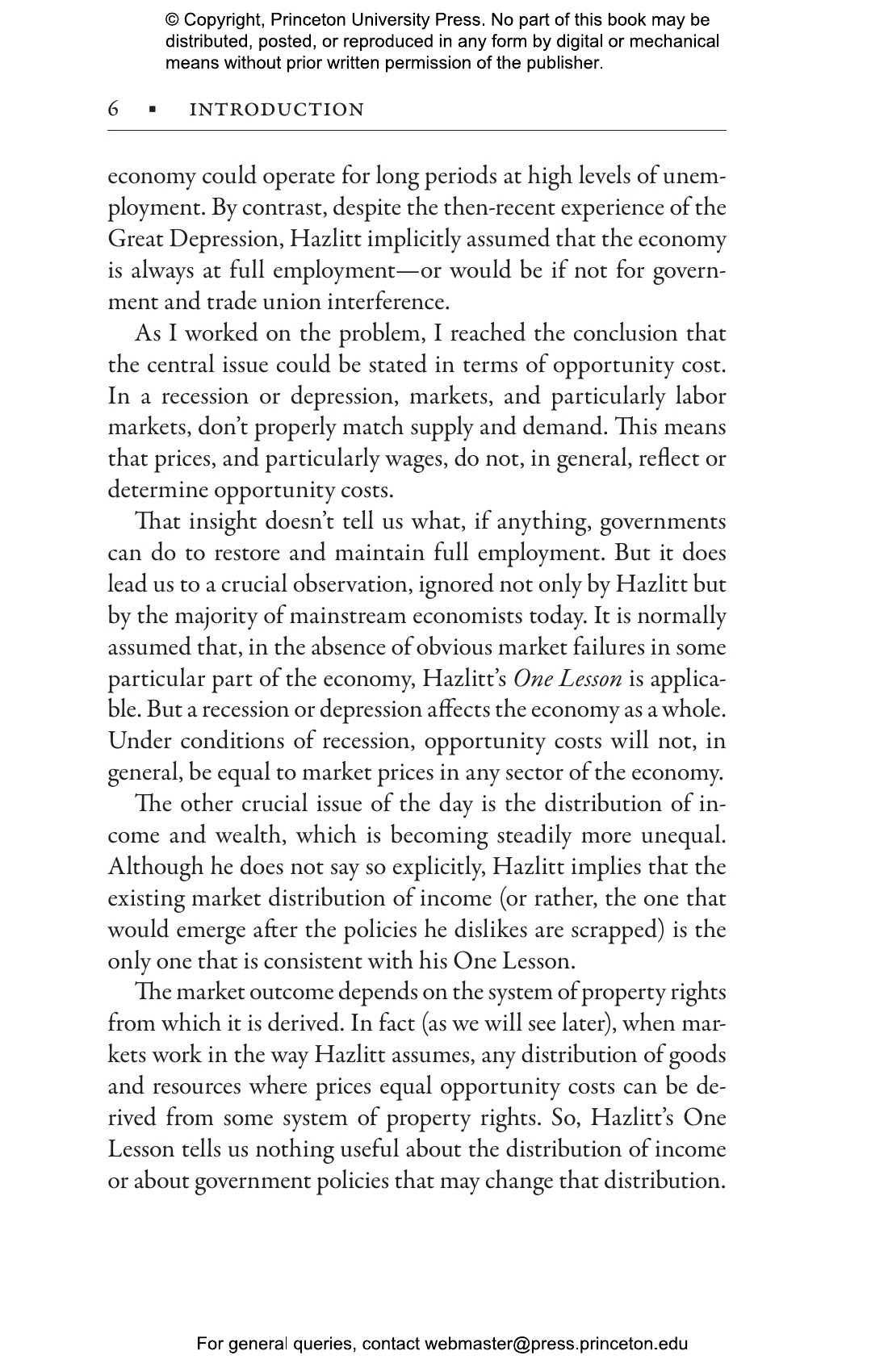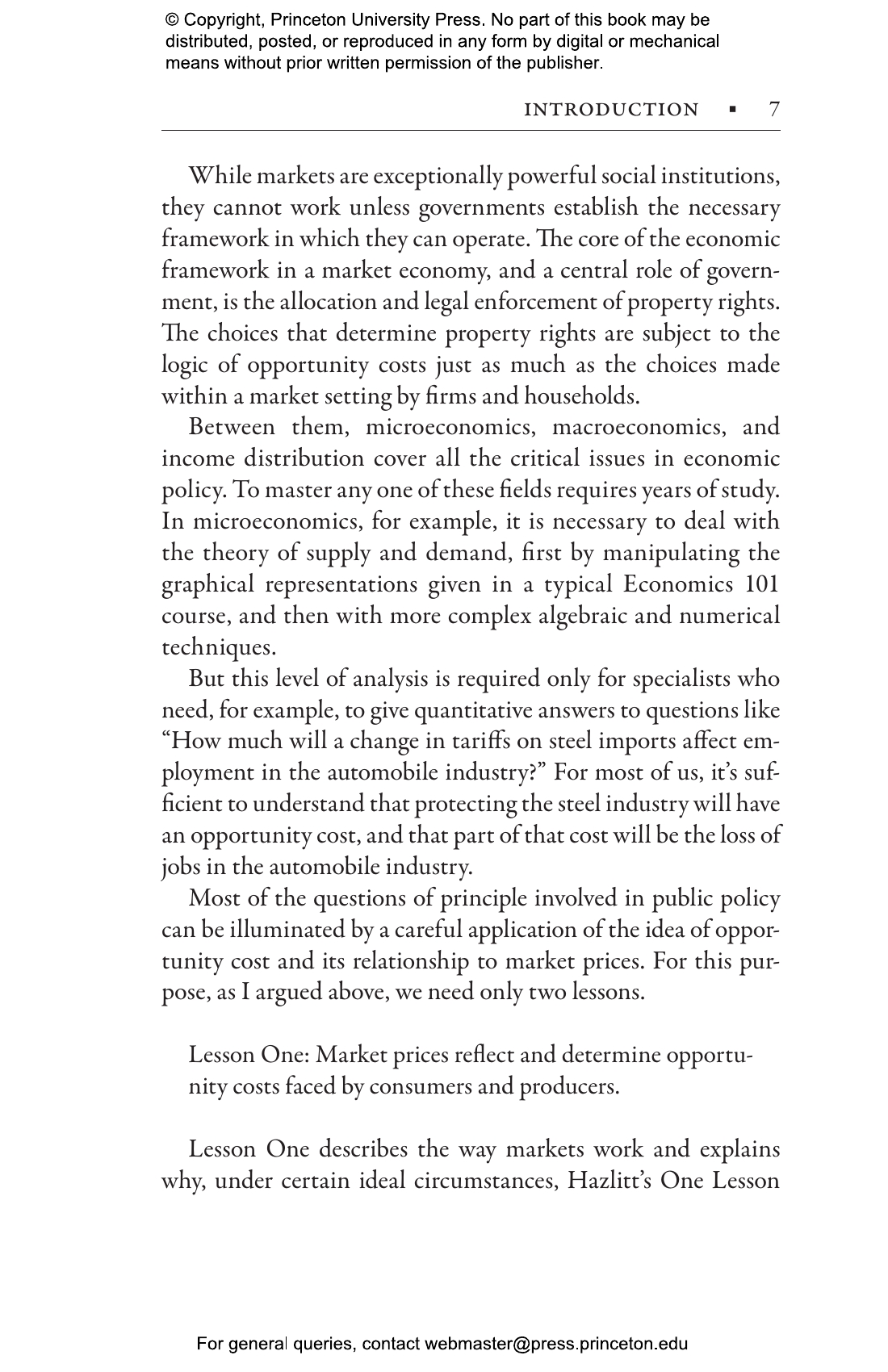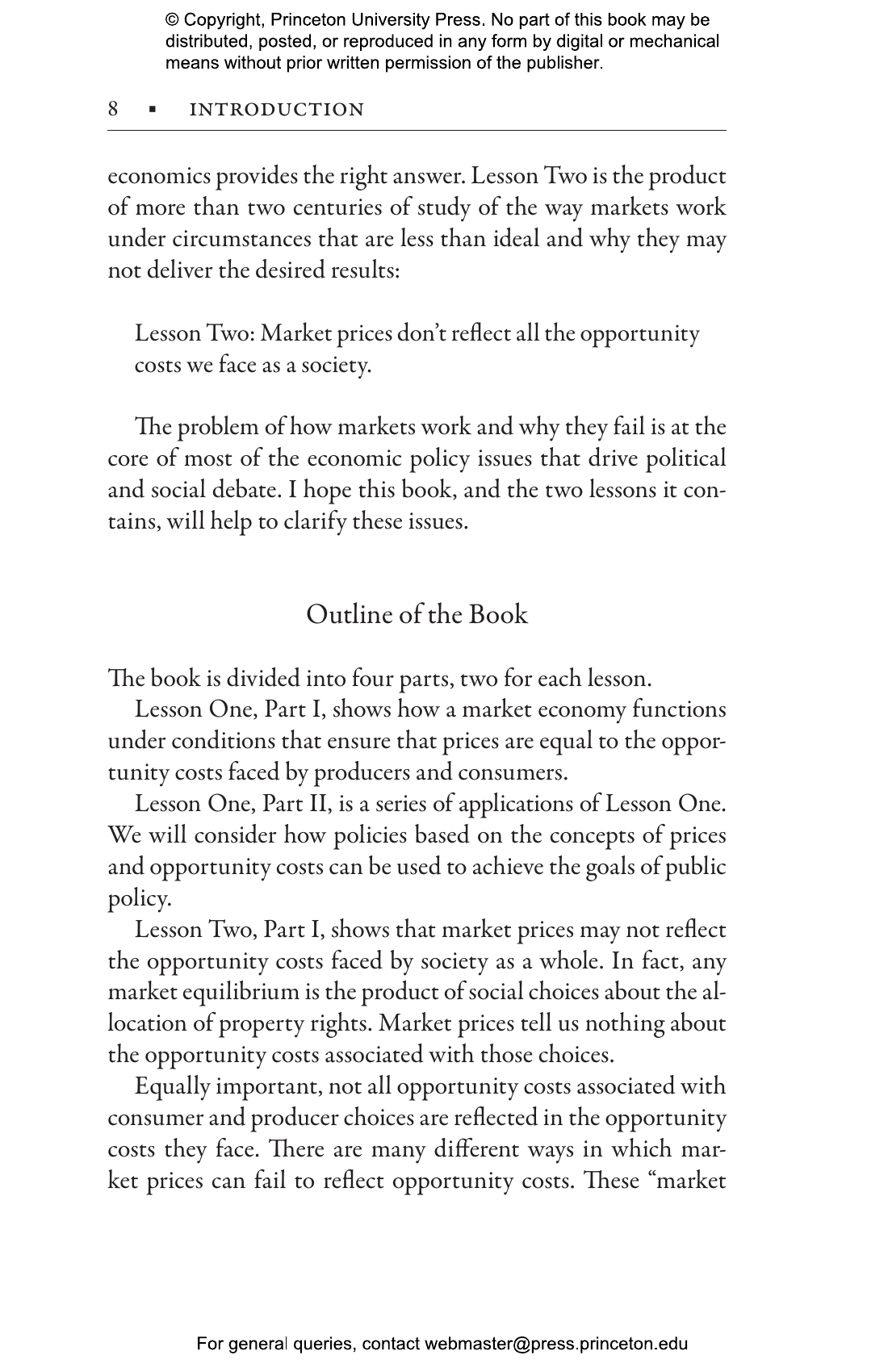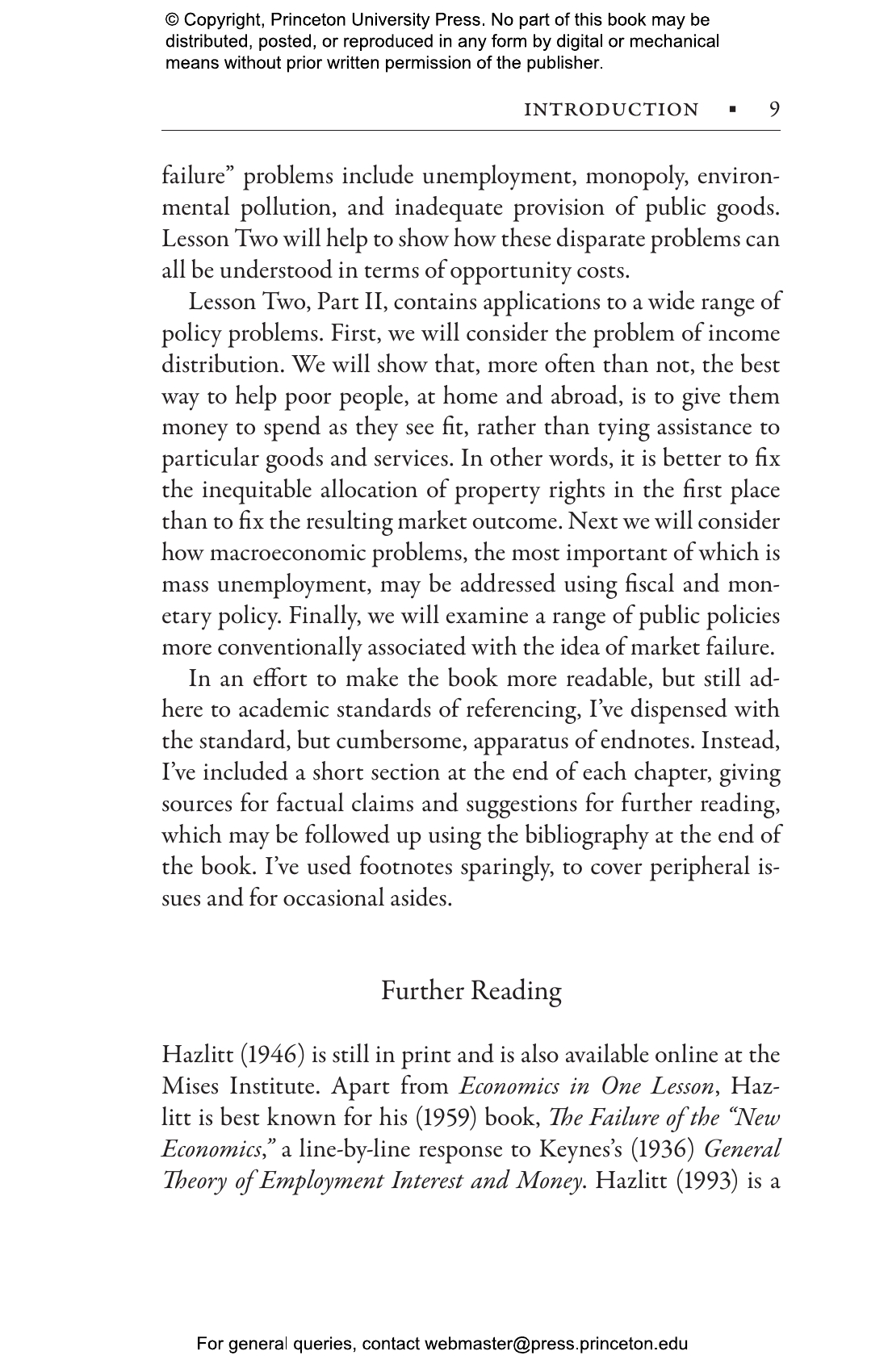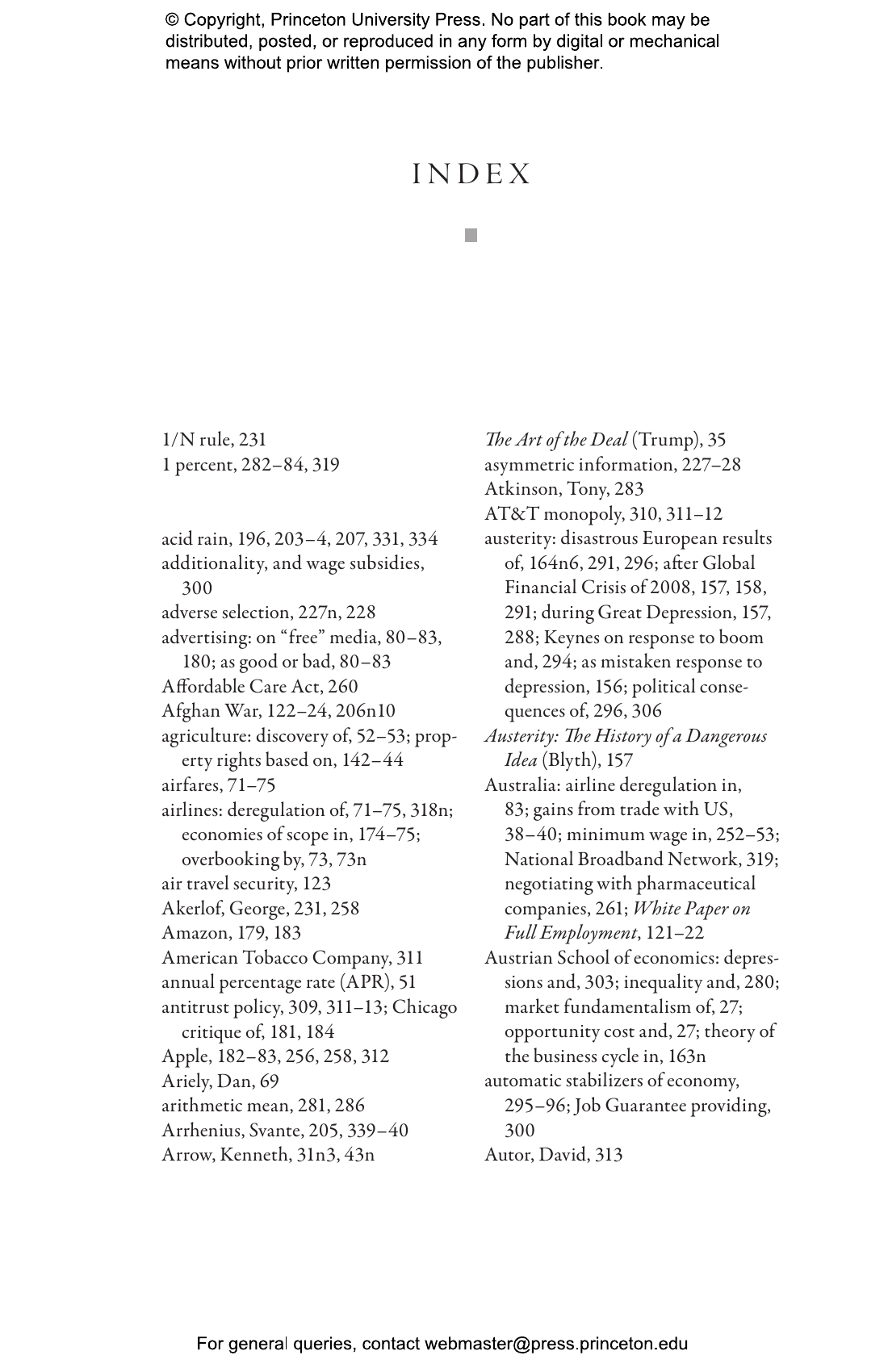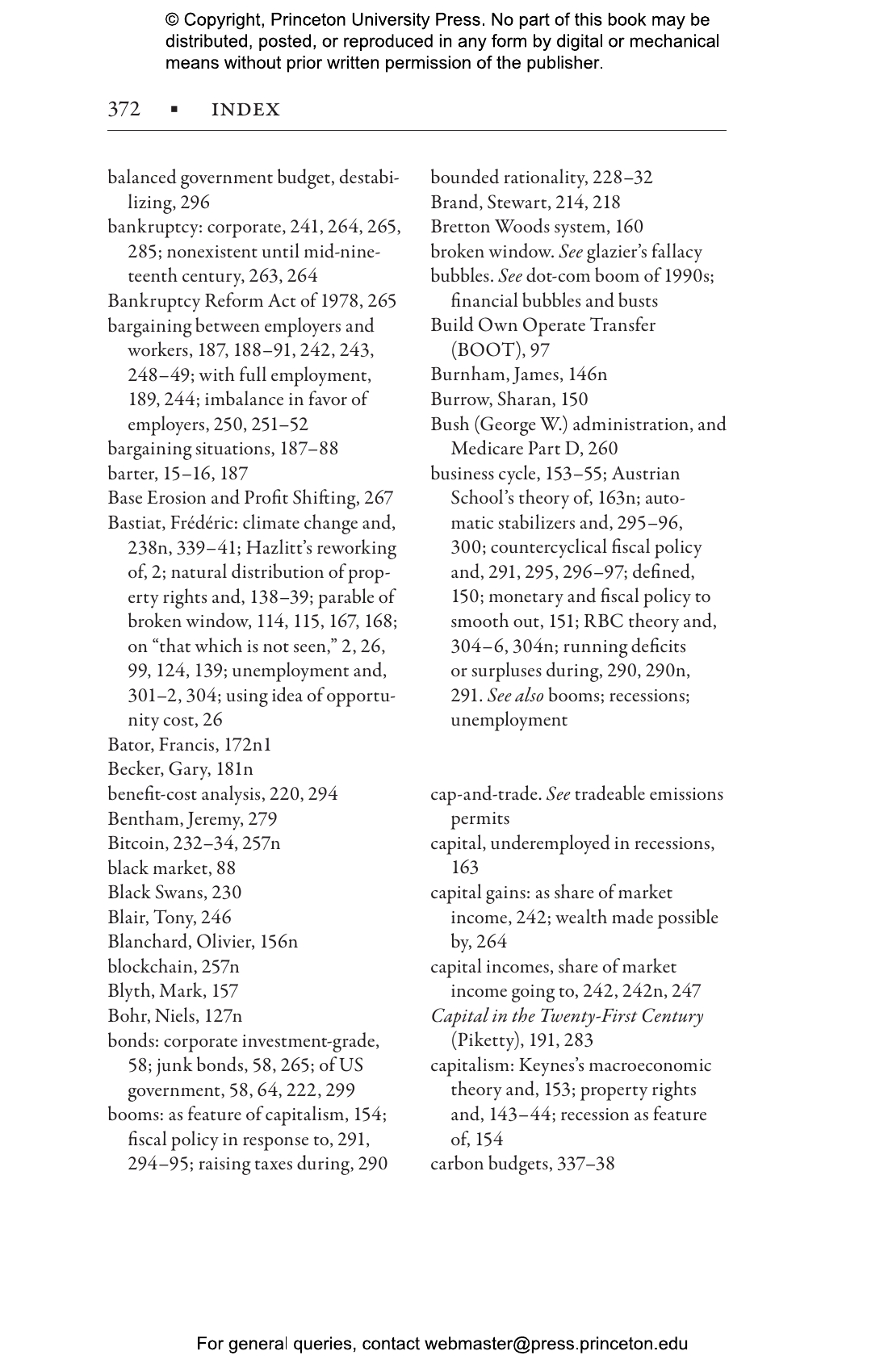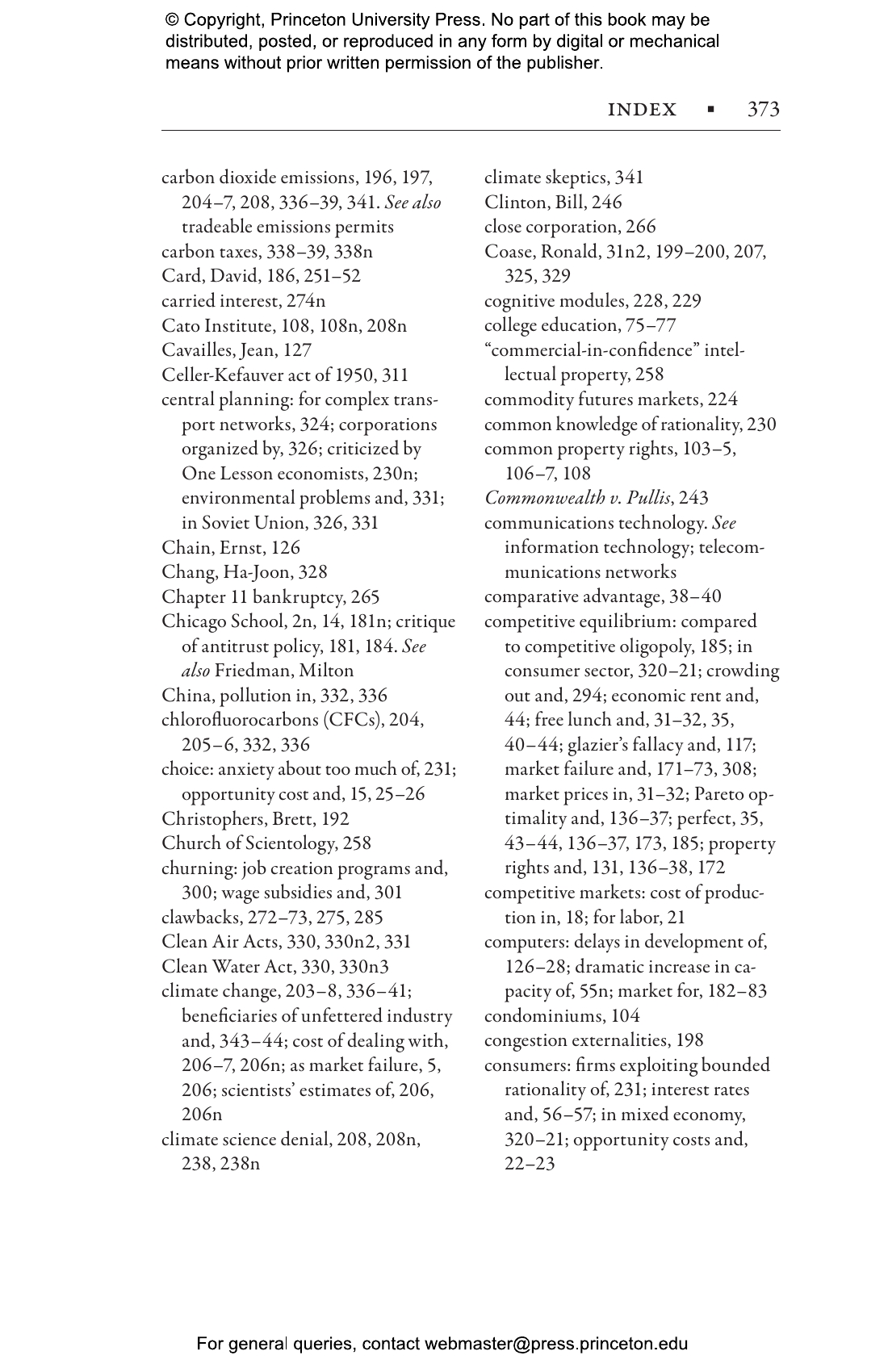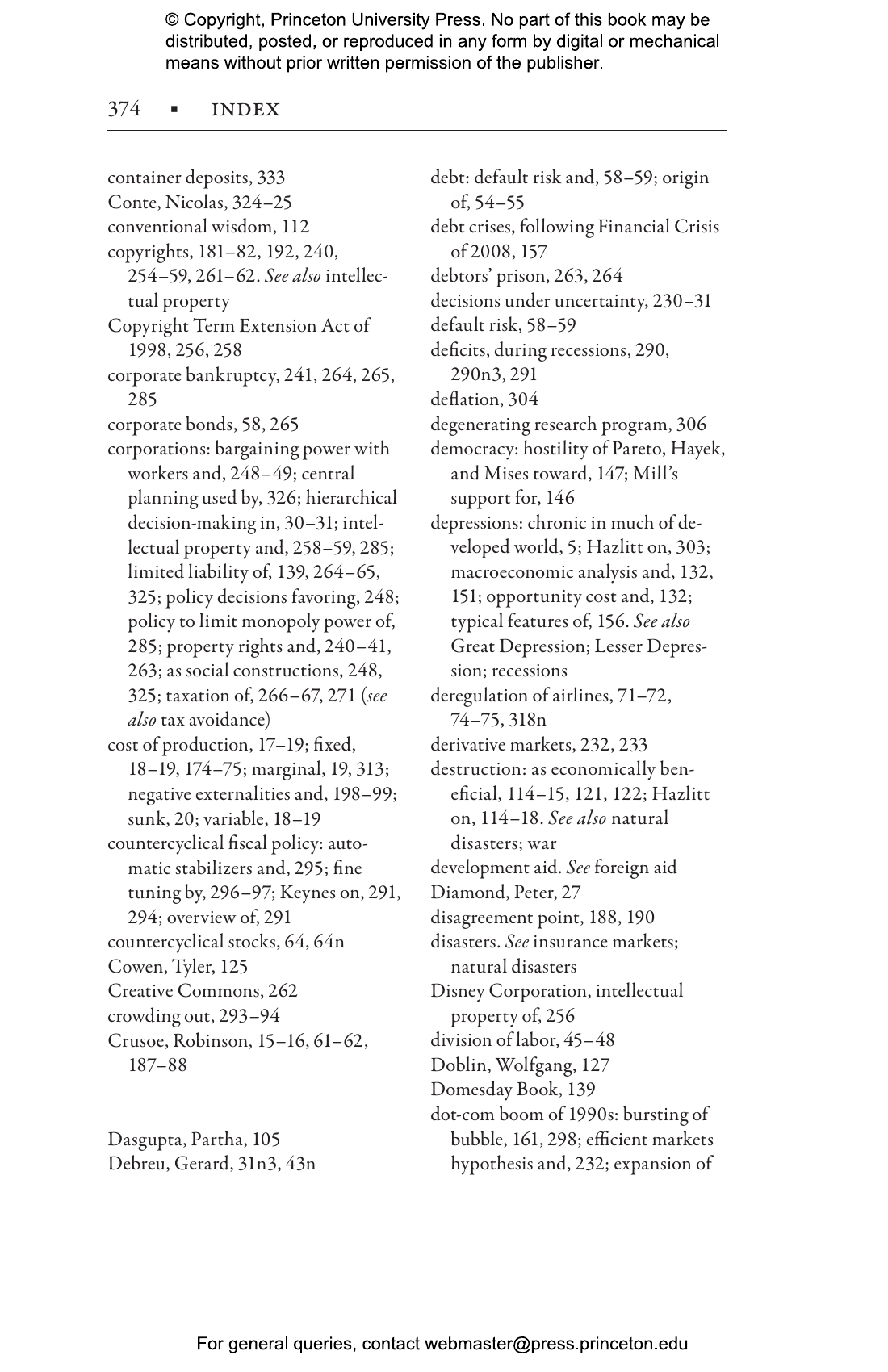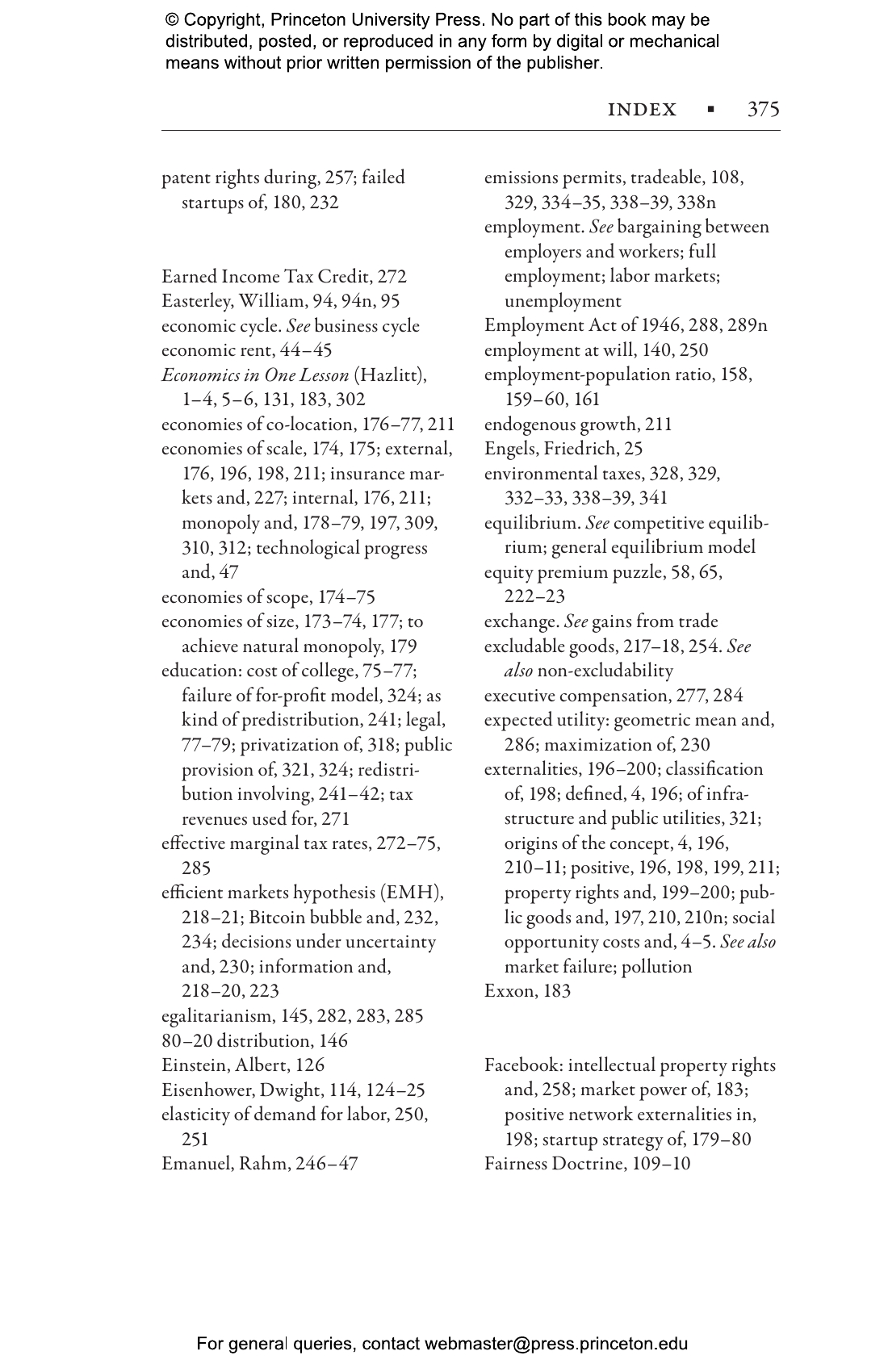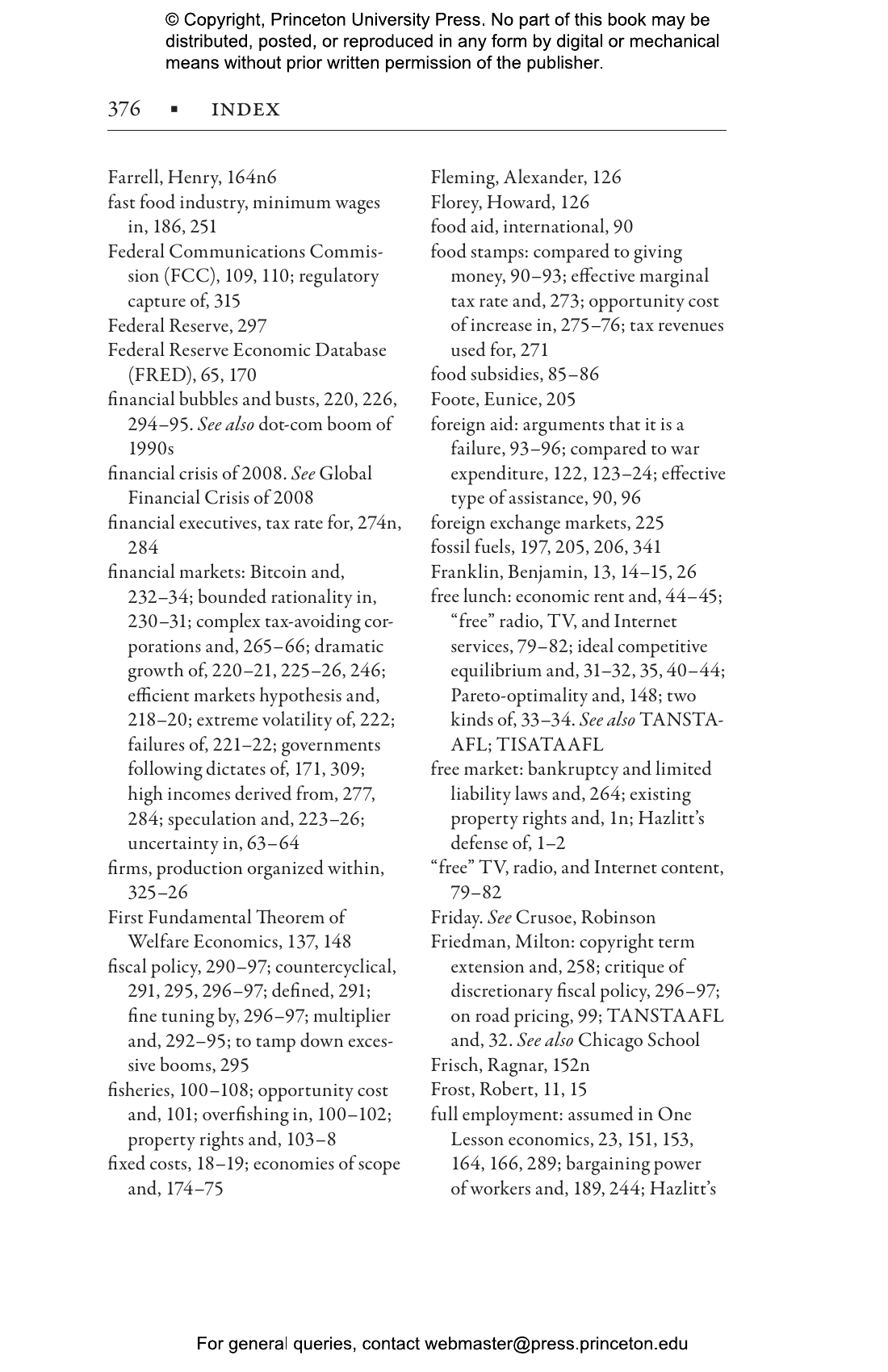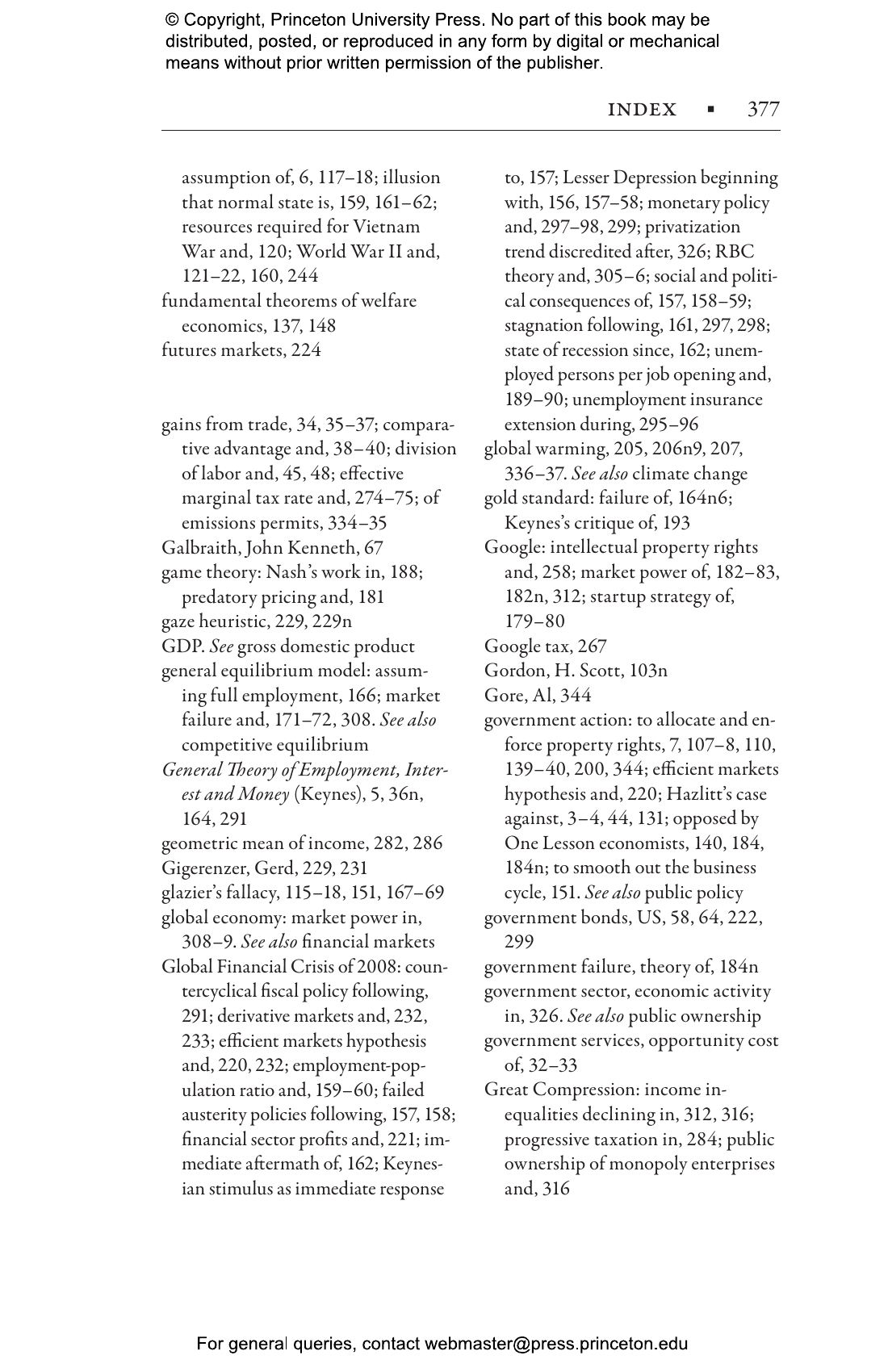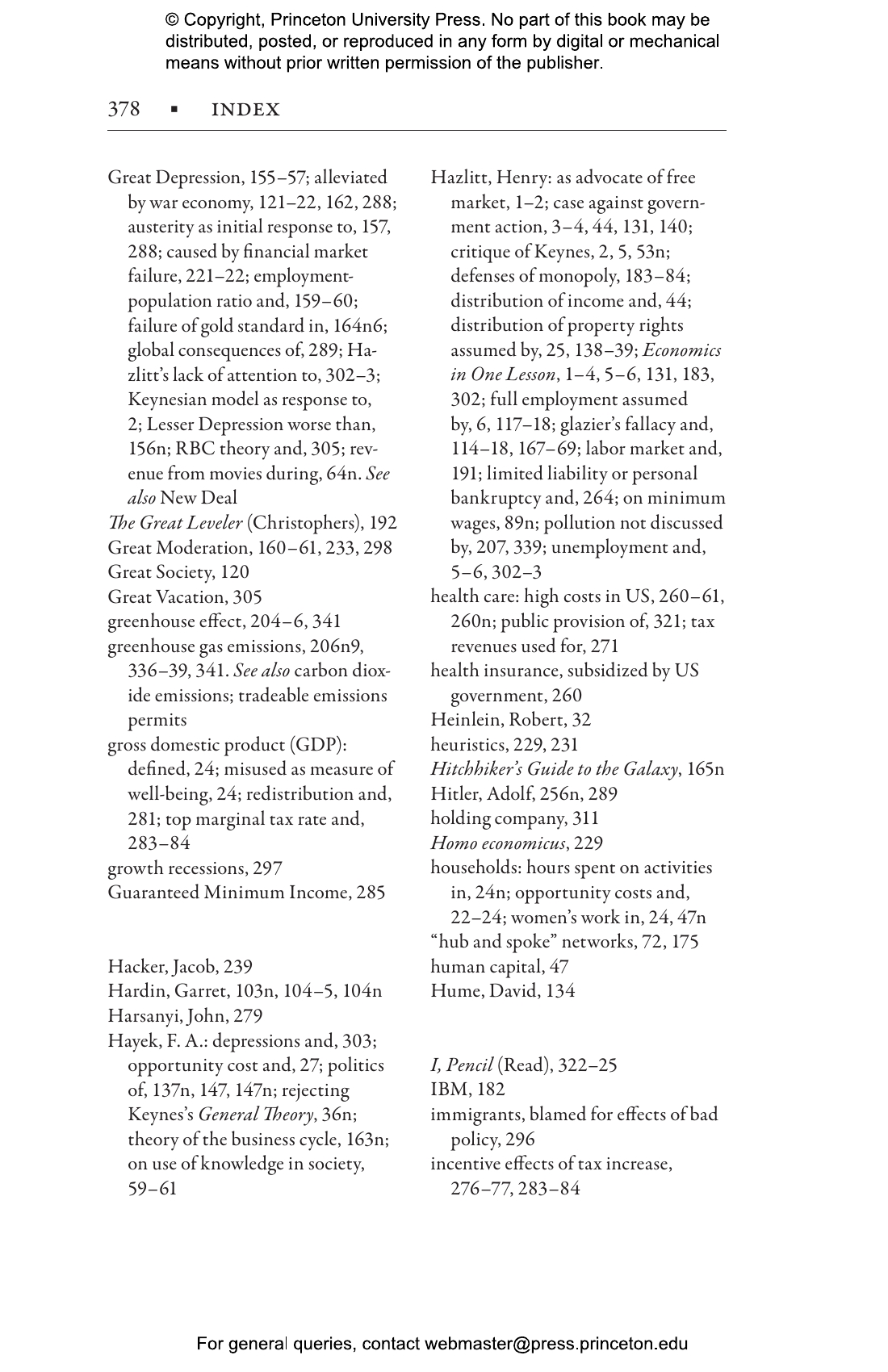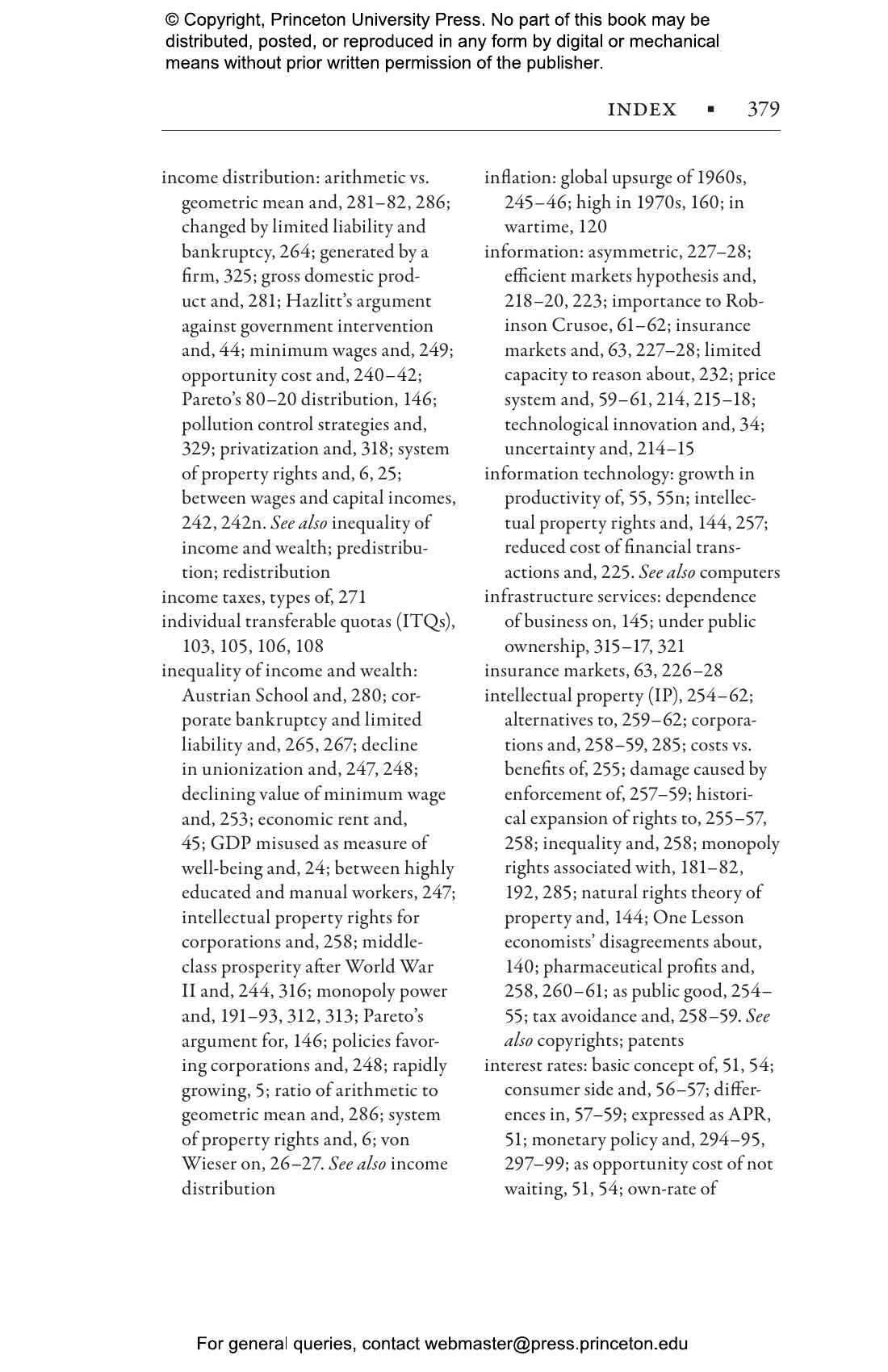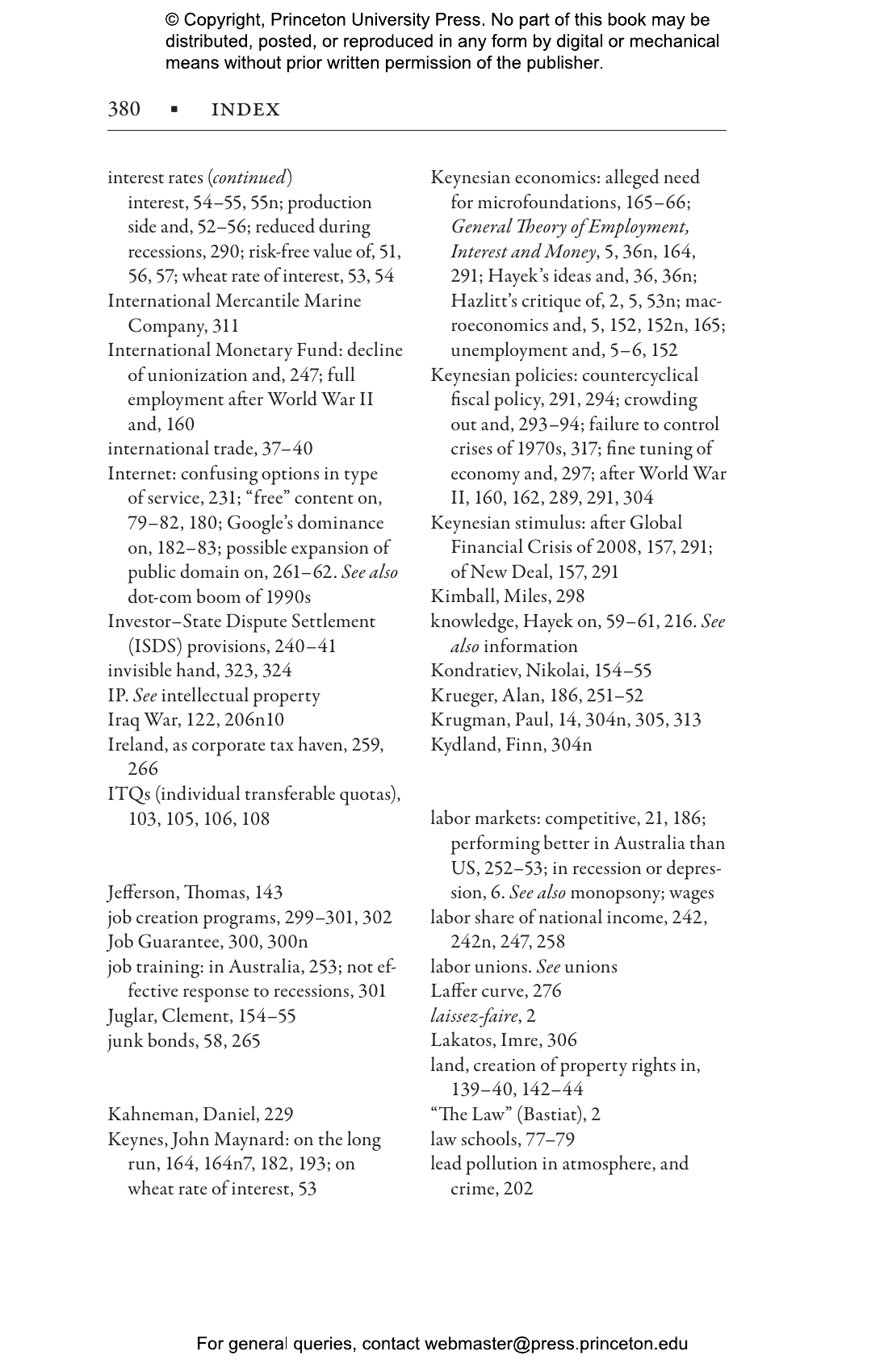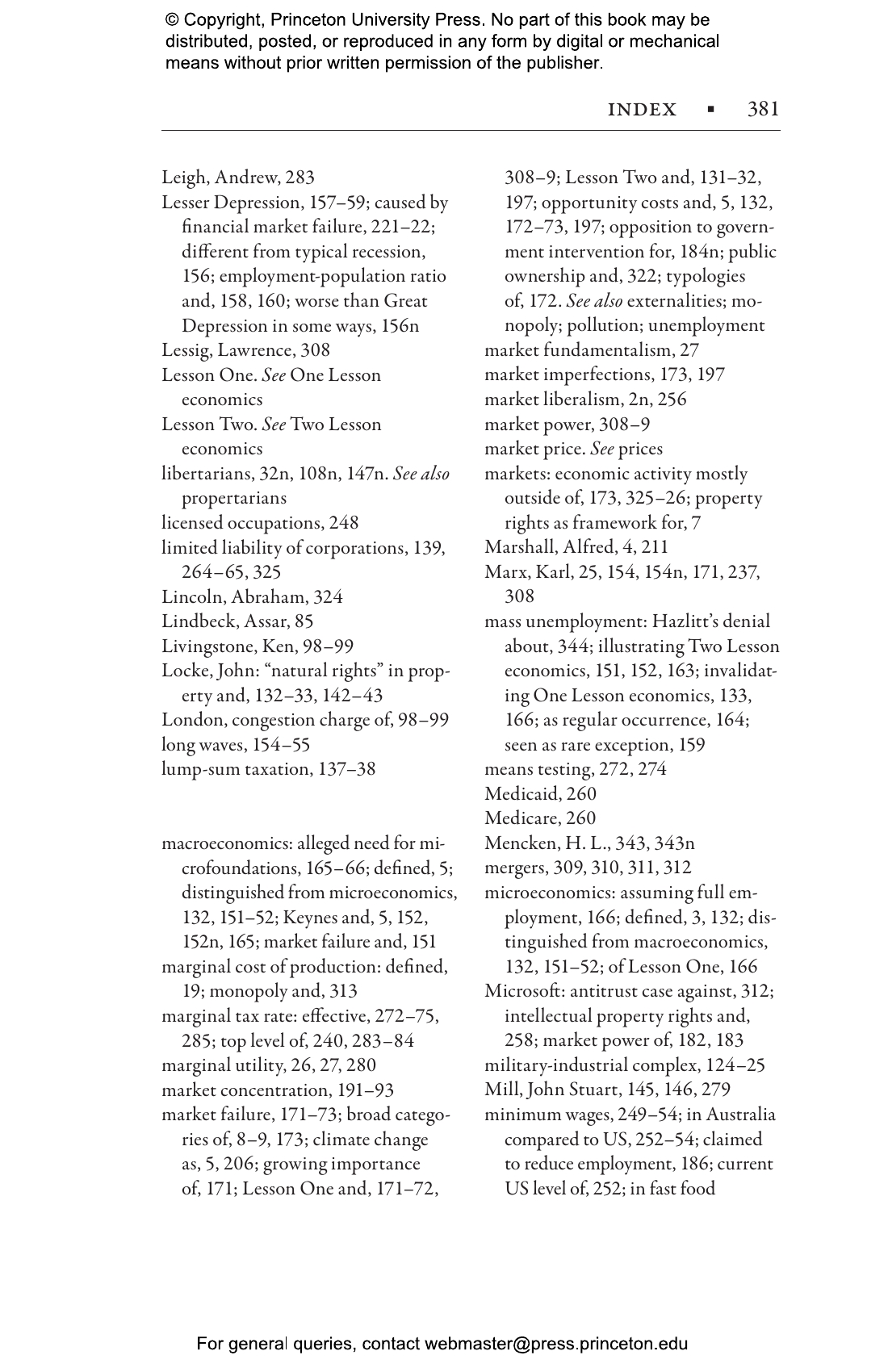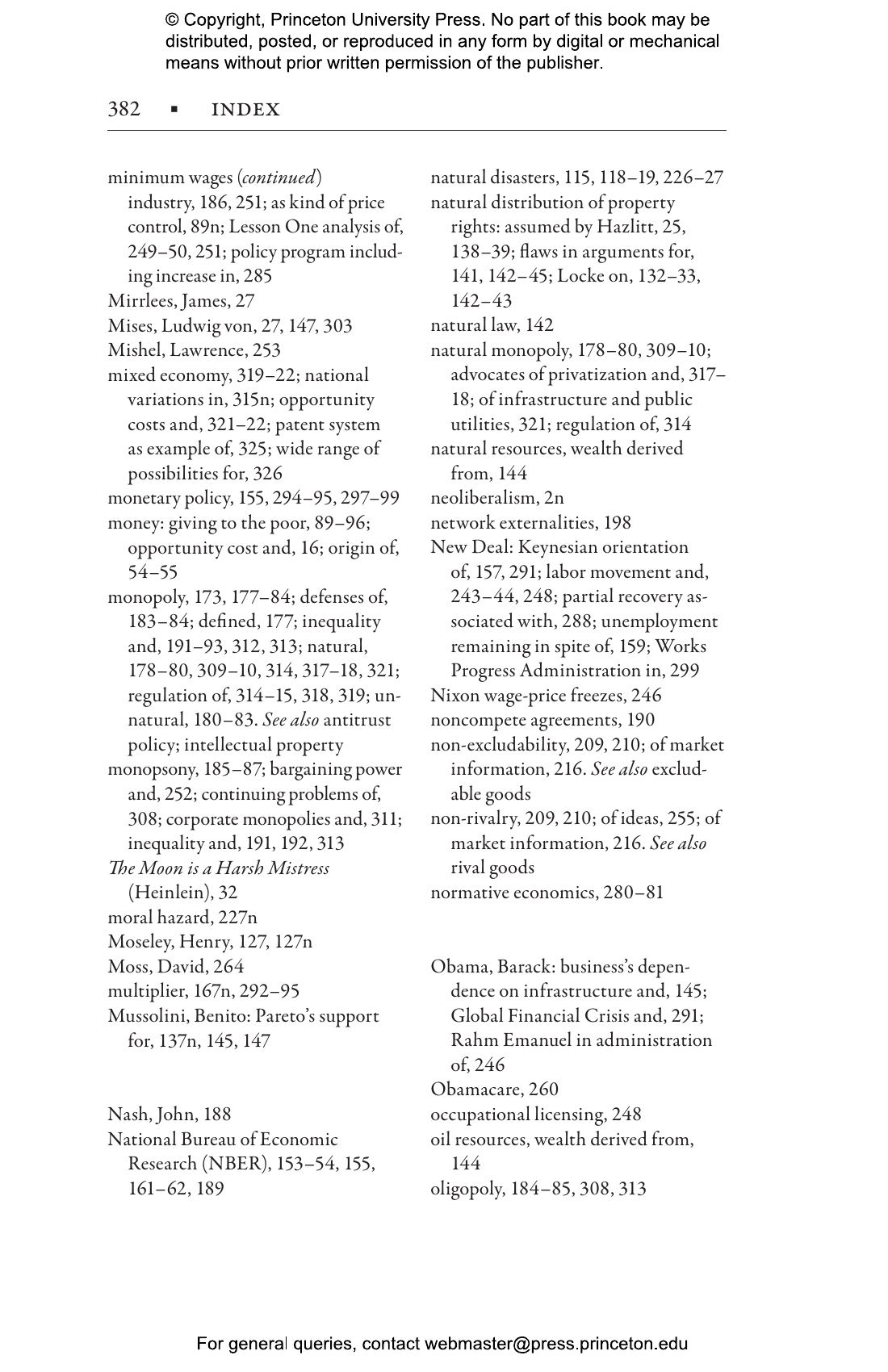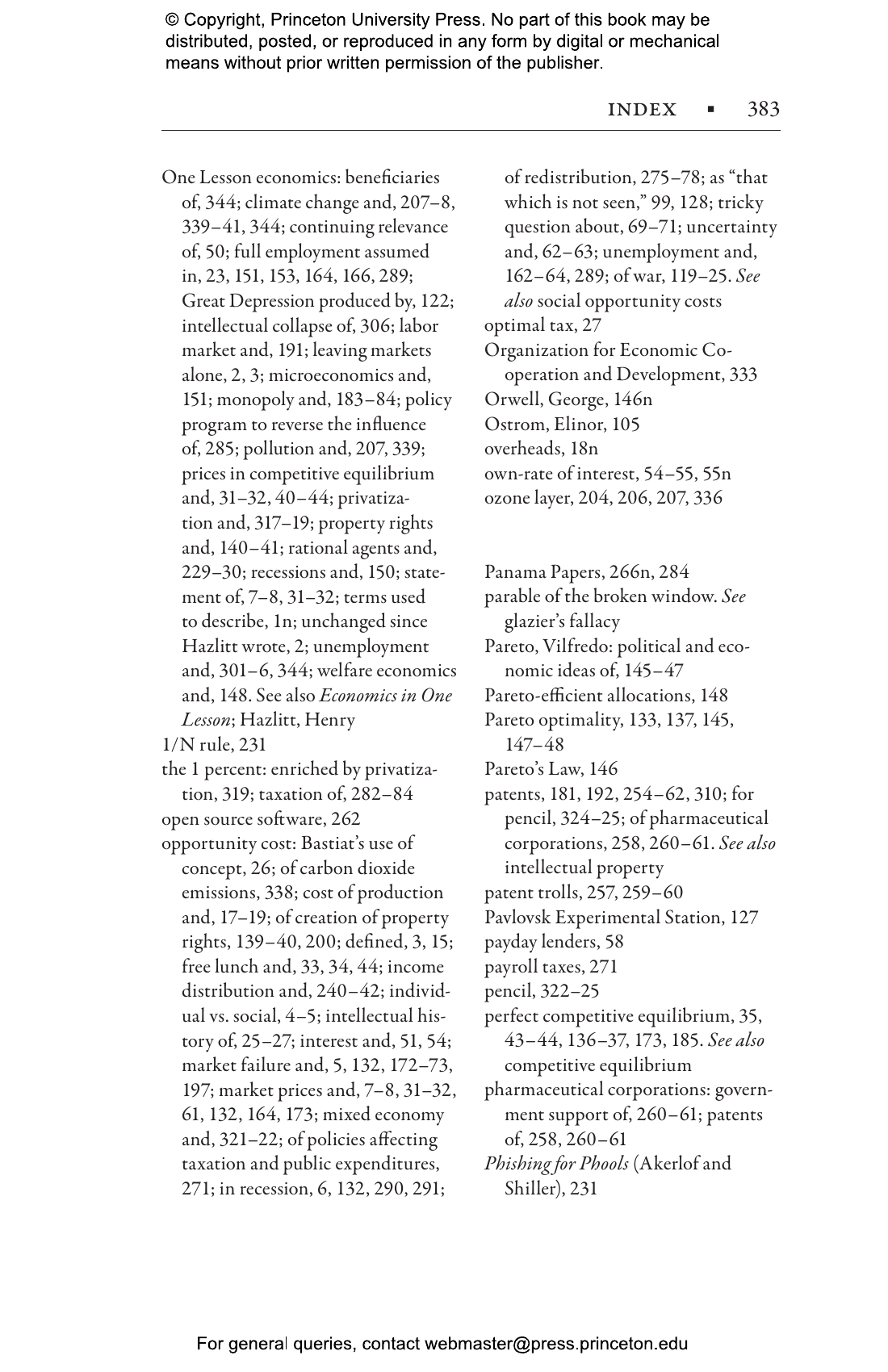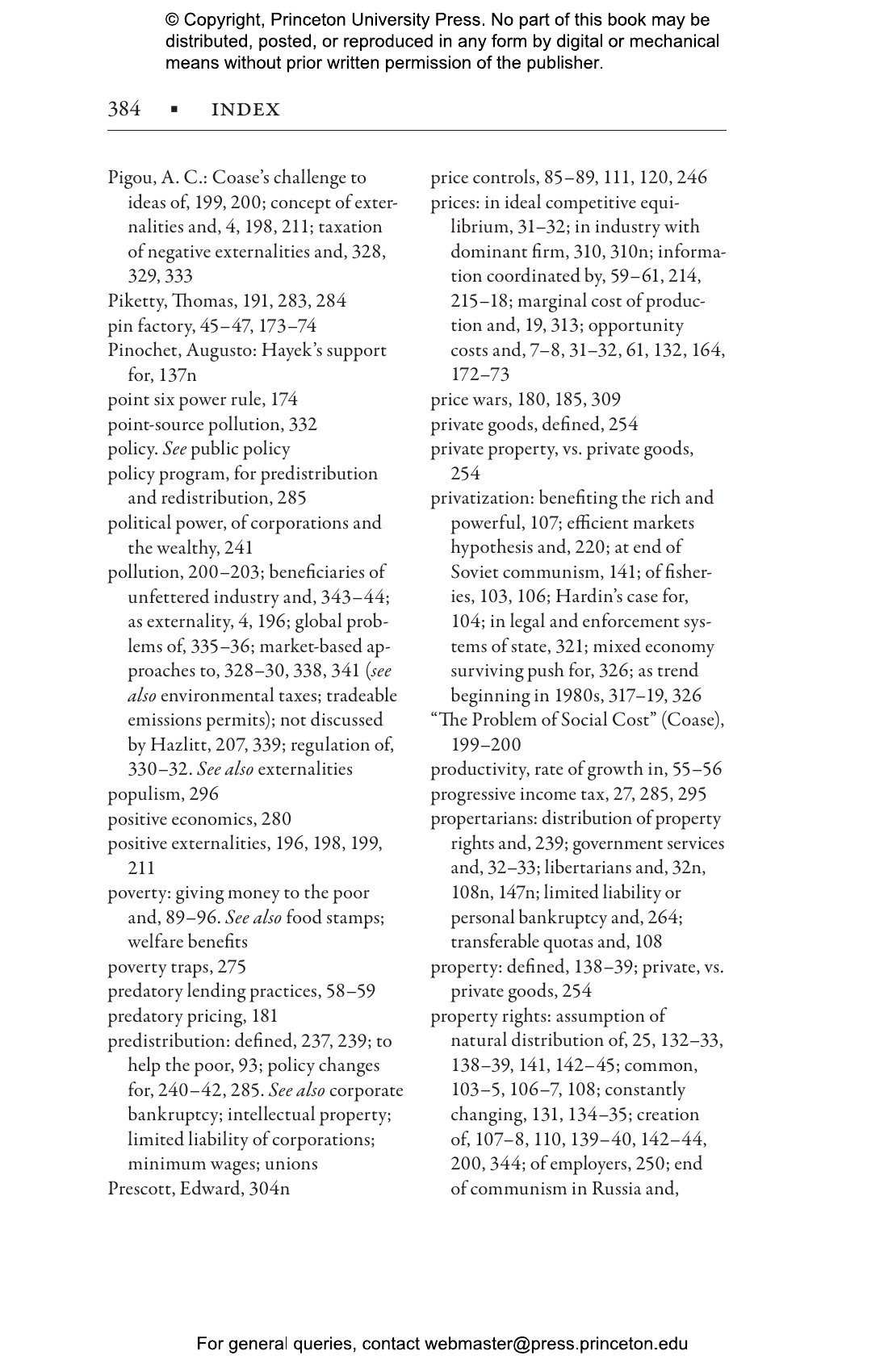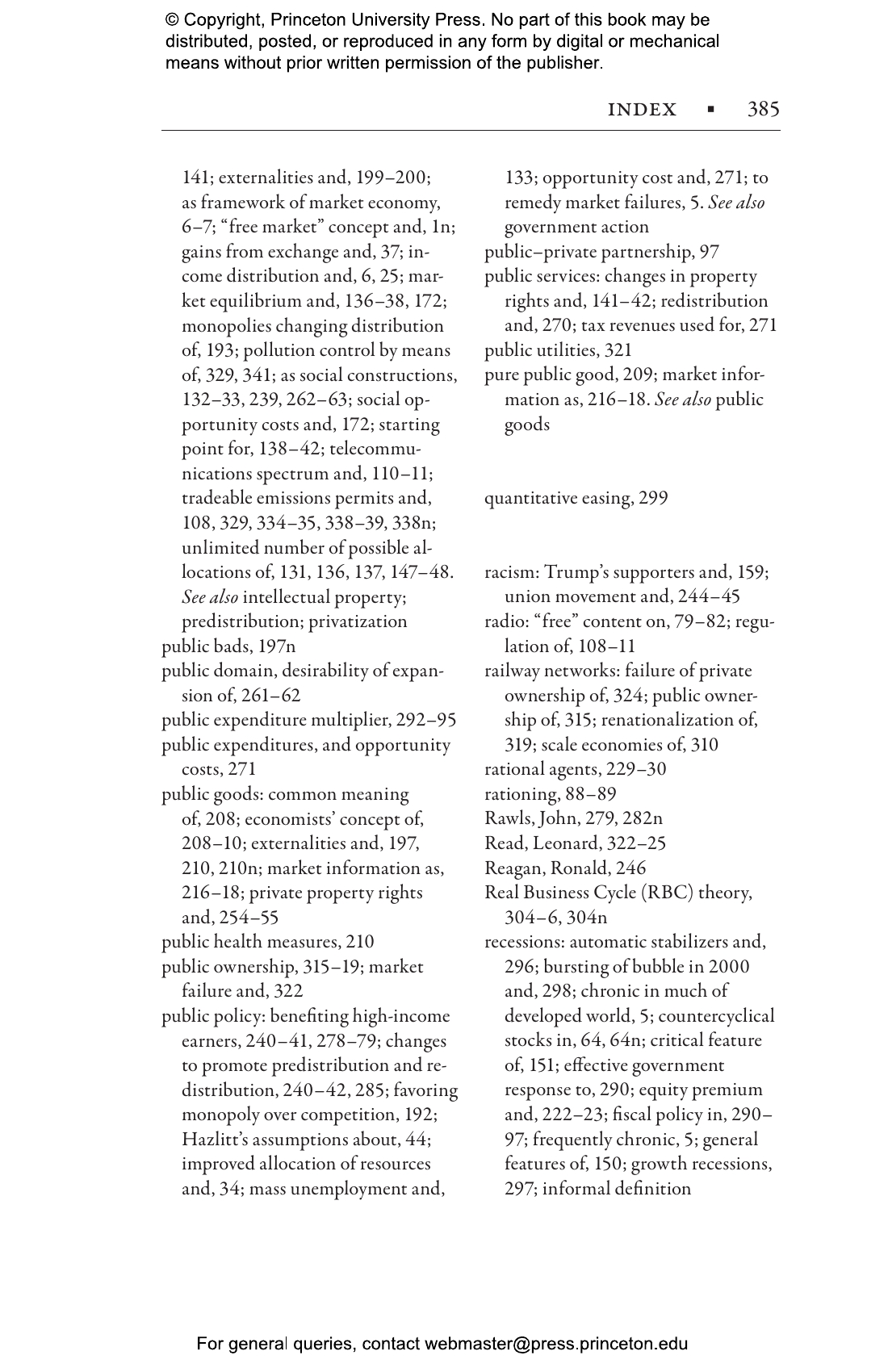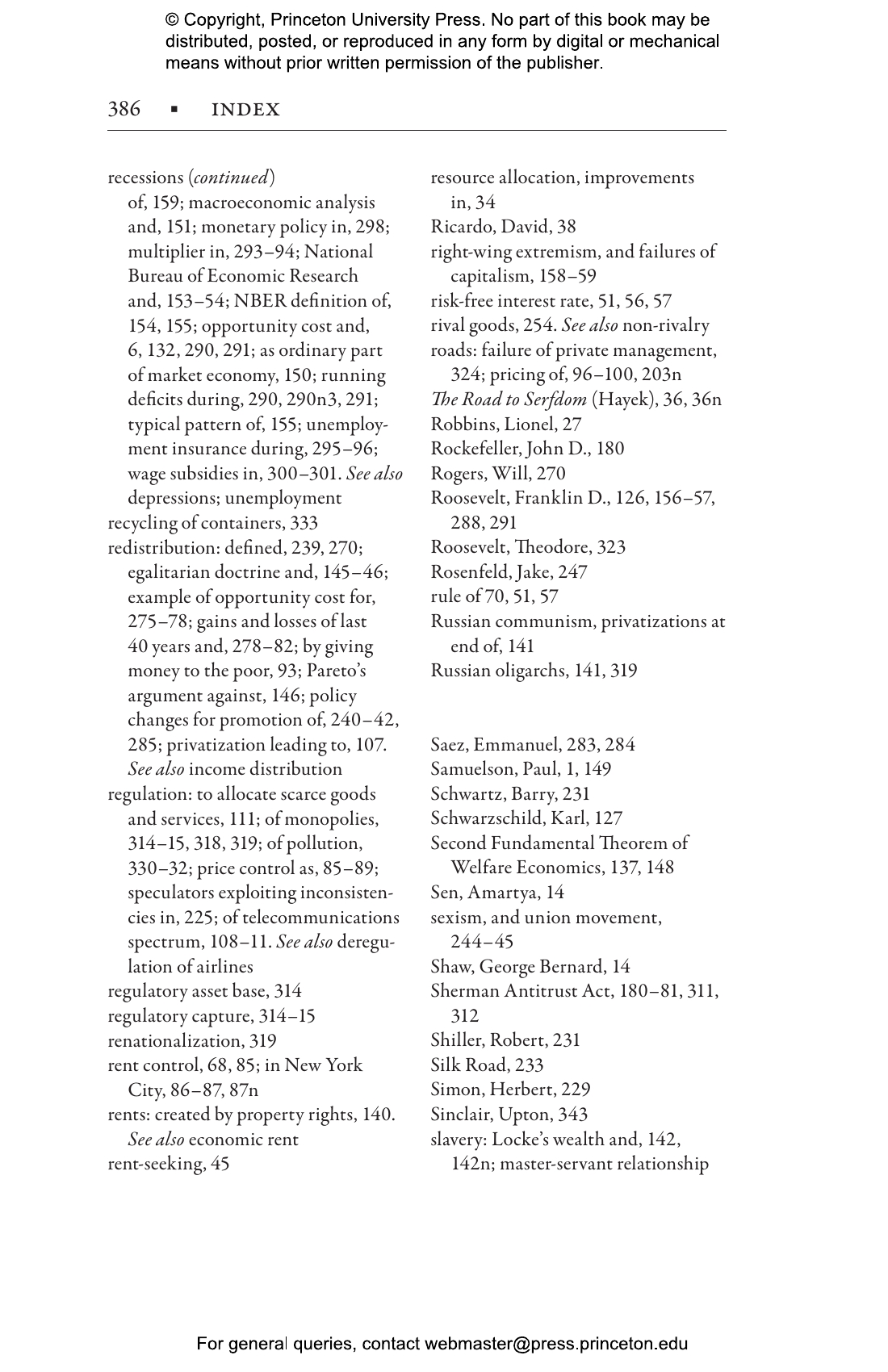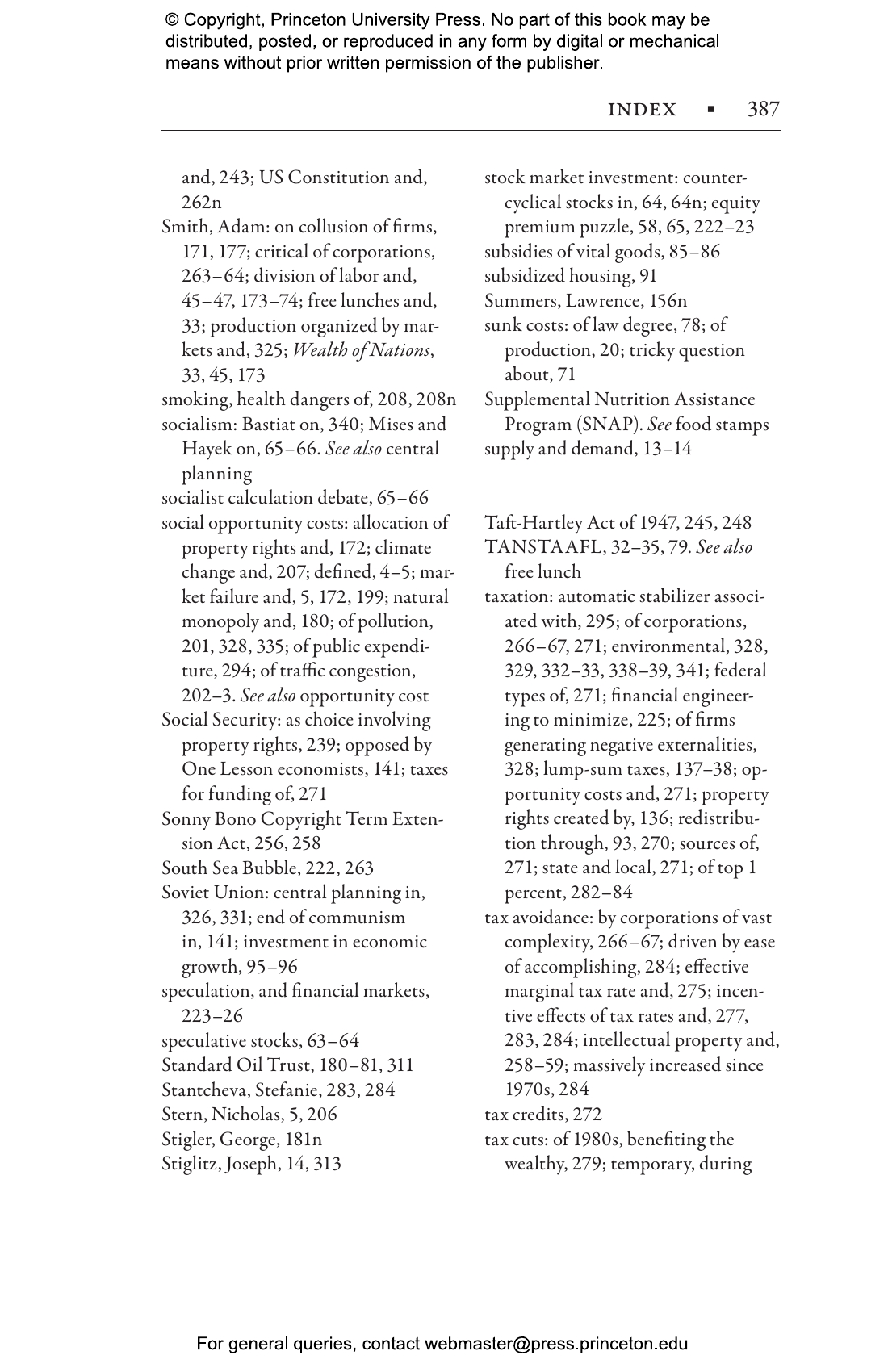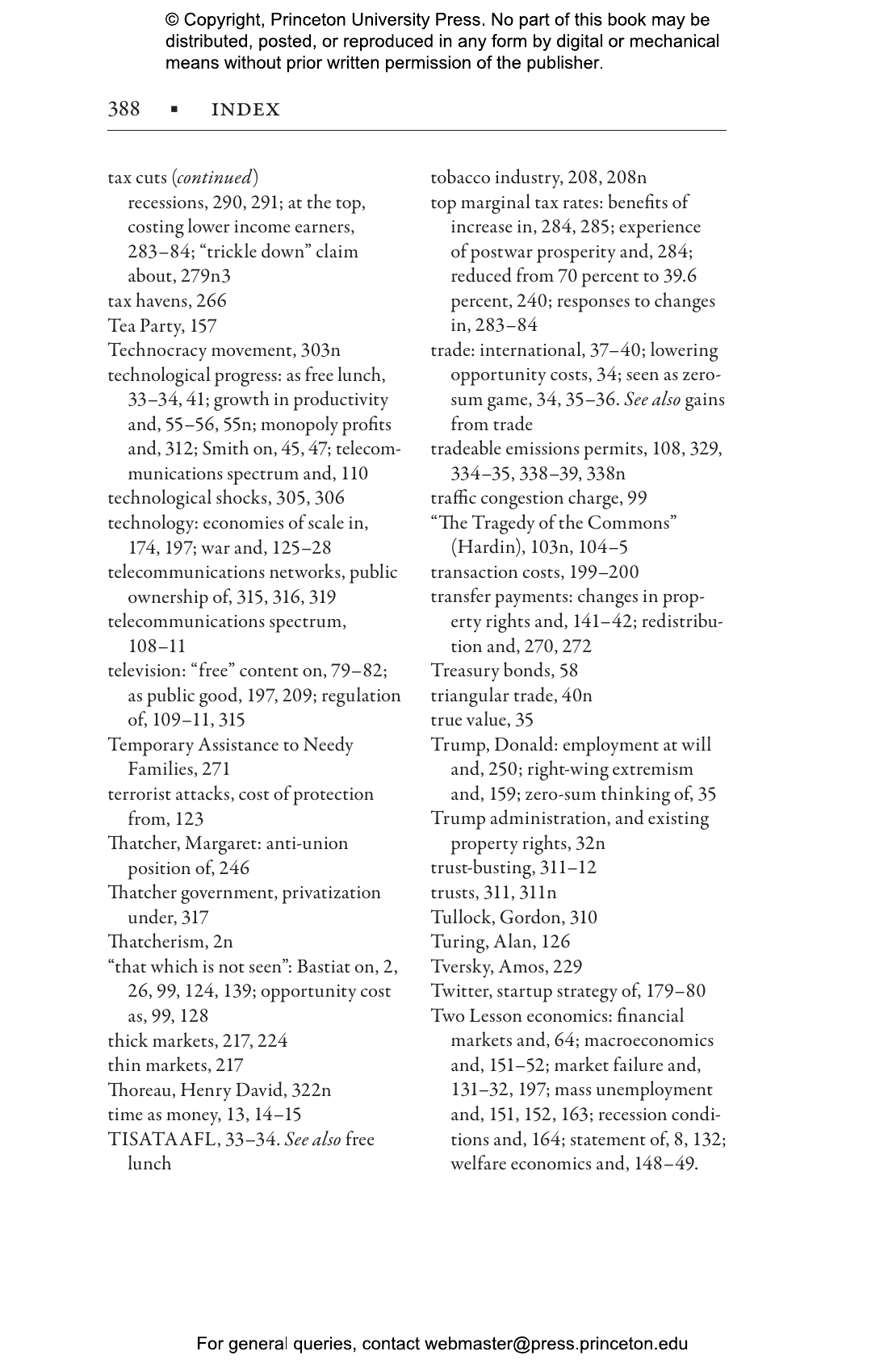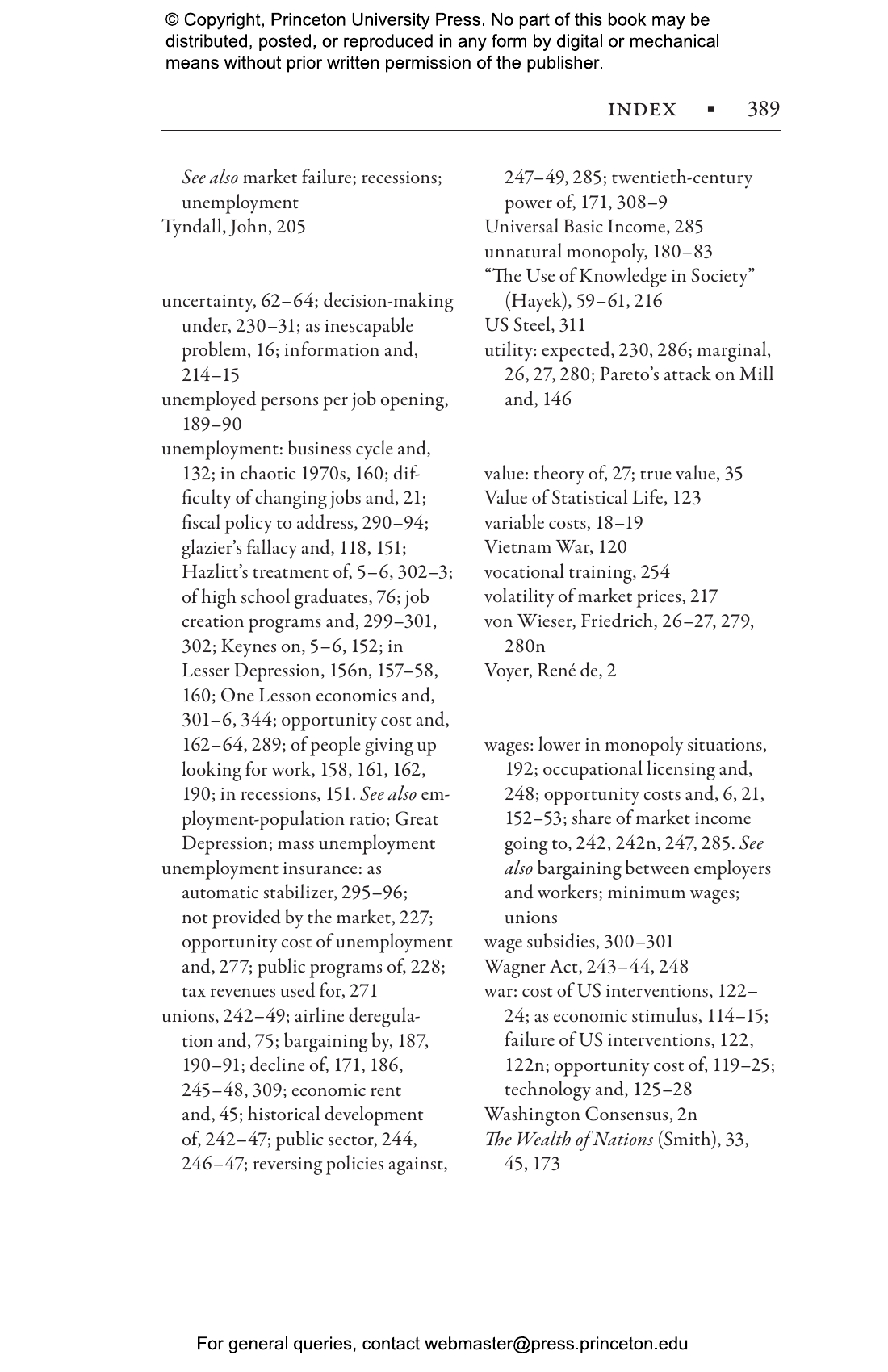Since 1946, Henry Hazlitt’s bestselling Economics in One Lesson has popularized the belief that economics can be boiled down to one simple lesson: market prices represent the true cost of everything. But one-lesson economics tells only half the story. It can explain why markets often work so well, but it can’t explain why they often fail so badly—or what we should do when they stumble. As Nobel Prize–winning economist Paul Samuelson quipped, “When someone preaches ‘Economics in one lesson,’ I advise: Go back for the second lesson.” In Economics in Two Lessons, John Quiggin teaches both lessons, offering a masterful introduction to the key ideas behind the successes—and failures—of free markets.
Economics in Two Lessons explains why market prices often fail to reflect the full cost of our choices to society as a whole. For example, every time we drive a car, fly in a plane, or flick a light switch, we contribute to global warming. But, in the absence of a price on carbon emissions, the costs of our actions are borne by everyone else. In such cases, government action is needed to achieve better outcomes.
Two-lesson economics means giving up the dogmatism of laissez-faire as well as the reflexive assumption that any economic problem can be solved by government action, since the right answer often involves a mixture of market forces and government policy. But the payoff is huge: understanding how markets actually work—and what to do when they don’t.
Brilliantly accessible, Economics in Two Lessons unlocks the essential issues at the heart of any economic question.
"There is little doubt that Quiggin’s Economics in Two Lessons will be an instant classic and feature on university reading lists around the world. It should also be compulsory reading for policymakers and public commentators, who all too often lack a framework for thinking clearly about the costs and benefits of markets. The good news is that Quiggin has one—and he’s happy to share."—Richard Holden, Inside Story
"This is a highly readable introduction to the intellectual framework of modern policy economics, with plenty of lively examples."—Diane Coyle, Enlightened Economist
"His book would be a useful supplement to a principles of economics course, with the advantage of avoiding resort to any graphs or equations . . . . [It] provides an essential completion of the basic story . . . . It is essential reading for anyone interested in the practical side of economic policymaking."—Max B. Sawicky, Jacobin
"The themes are complex, but the writing is clear, and the journey is rewarding."—BizEd
"Quiggin writes well and [this] book is full of useful erudite information."—Warwick Lightfoot, Financial World
"Many economists consider ‘opp cost’ to be the single most important and fundamental concept in economics, and the discipline’s most useful contribution to the betterment of mankind. Indeed, that’s the view Professor John Quiggin, of the University of Queensland, takes in his book Economics in Two Lessons, which I recommend as the best book to introduce you to economics."—Ross Gittins, Sydney Morning Herald
"Quiggin reckons with the incoherence of markets-only thinking in his masterful 2019 book Economics in Two Lessons, which explores the power, limitations and dangers of using markets to solve our problems in a thoughtful and clear way."—Cory Doctorow, Boing Boing
“A brilliant book. People often try to write for readers who know no economics, but they rarely succeed. This book is an exception.”—Roger Backhouse, author of The Ordinary Business of Life: A History of Economics from the Ancient World to the Twenty-First Century
“This popular, accessible introduction to economics is organized around an idea that is brilliantly simple yet encompassing.”—Suresh Naidu, Columbia University
"With apologies to Isaiah Berlin, Quiggin is a foxy hedgehog: He knows two big things, and these twin lessons—about the virtues and limits of markets—sustain a pioneering, persuasive, and even passionate case for democracy and the mixed economy. Make room for two lessons in your mind, and on your bookshelf.”—Jacob S. Hacker, coauthor of American Amnesia: How the War on Government Led Us to Forget What Made America Prosper
"With a confident style, John Quiggin weaves together clear theory and fascinating stories to explain why markets work and why they fail. He makes the case that one-lesson economics, based on the idea that market prices are always right, is as useful as a one-wheeled bicycle. If you want to understand what free-market economics gets right, and when governments need to step in, this is the book for you. My two lessons: buy it, and read it."—Andrew Leigh, member of the Parliament of Australia
"Anyone who wants to understand the real workings and real limits of real markets should read this book.”—Ingrid Robeyns, author of Wellbeing, Freedom, and Social Justice
